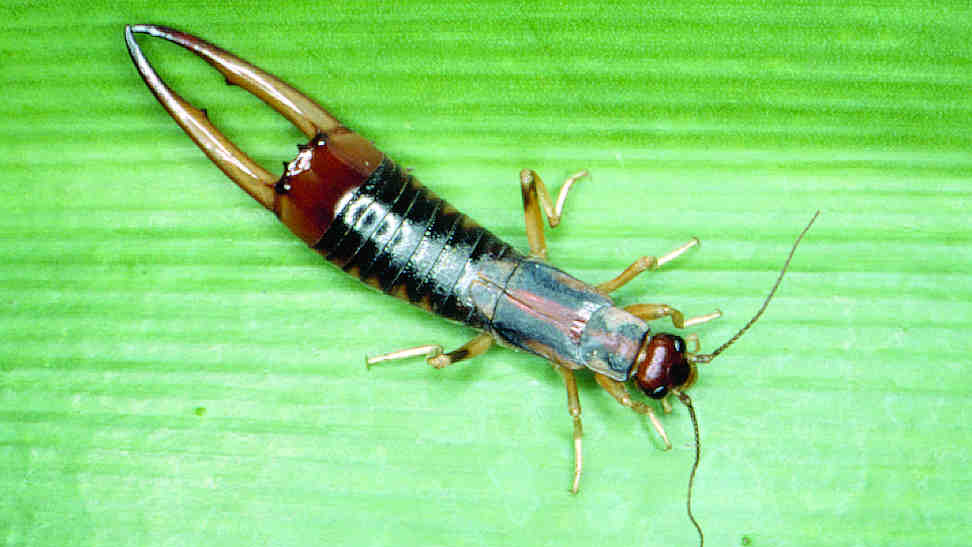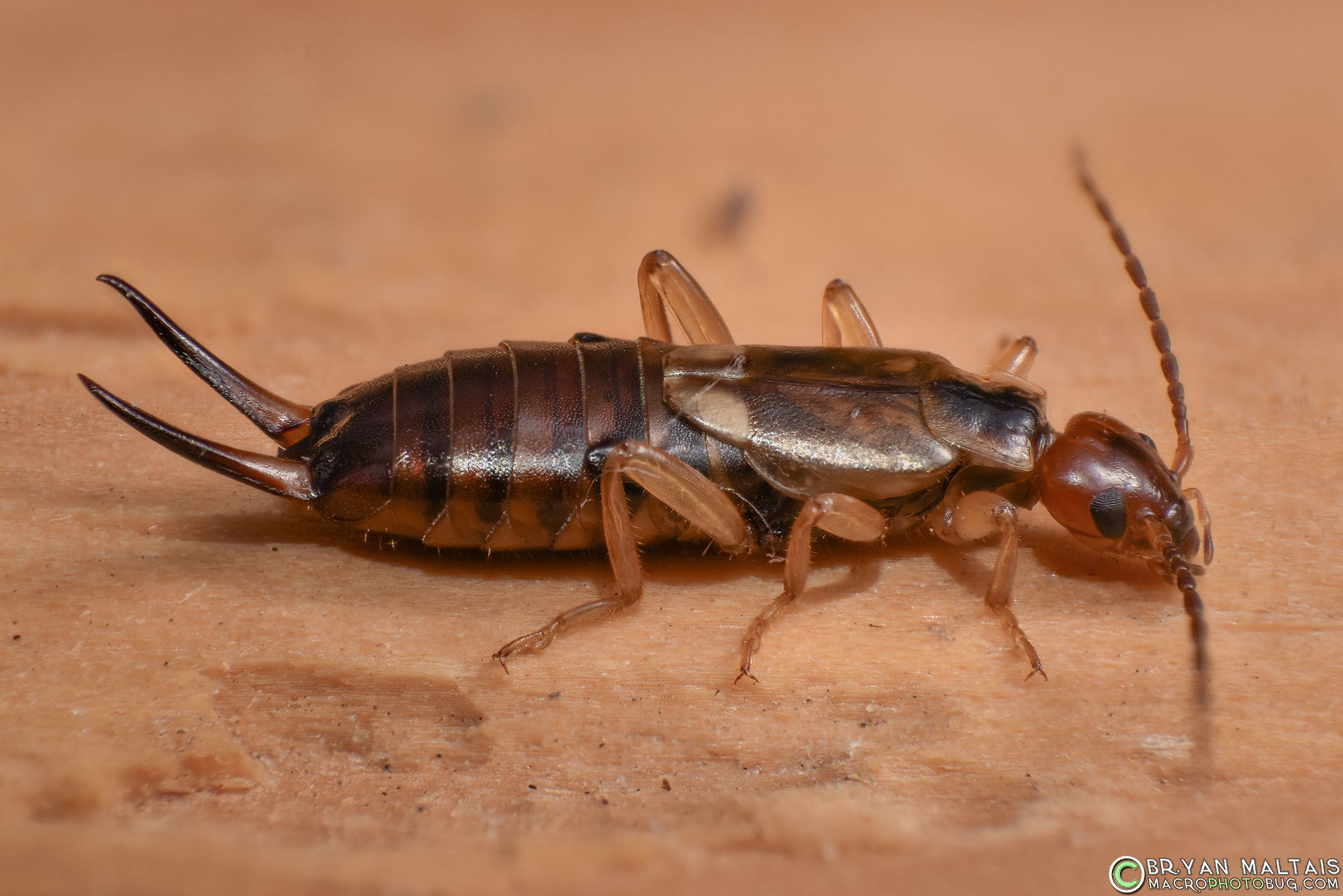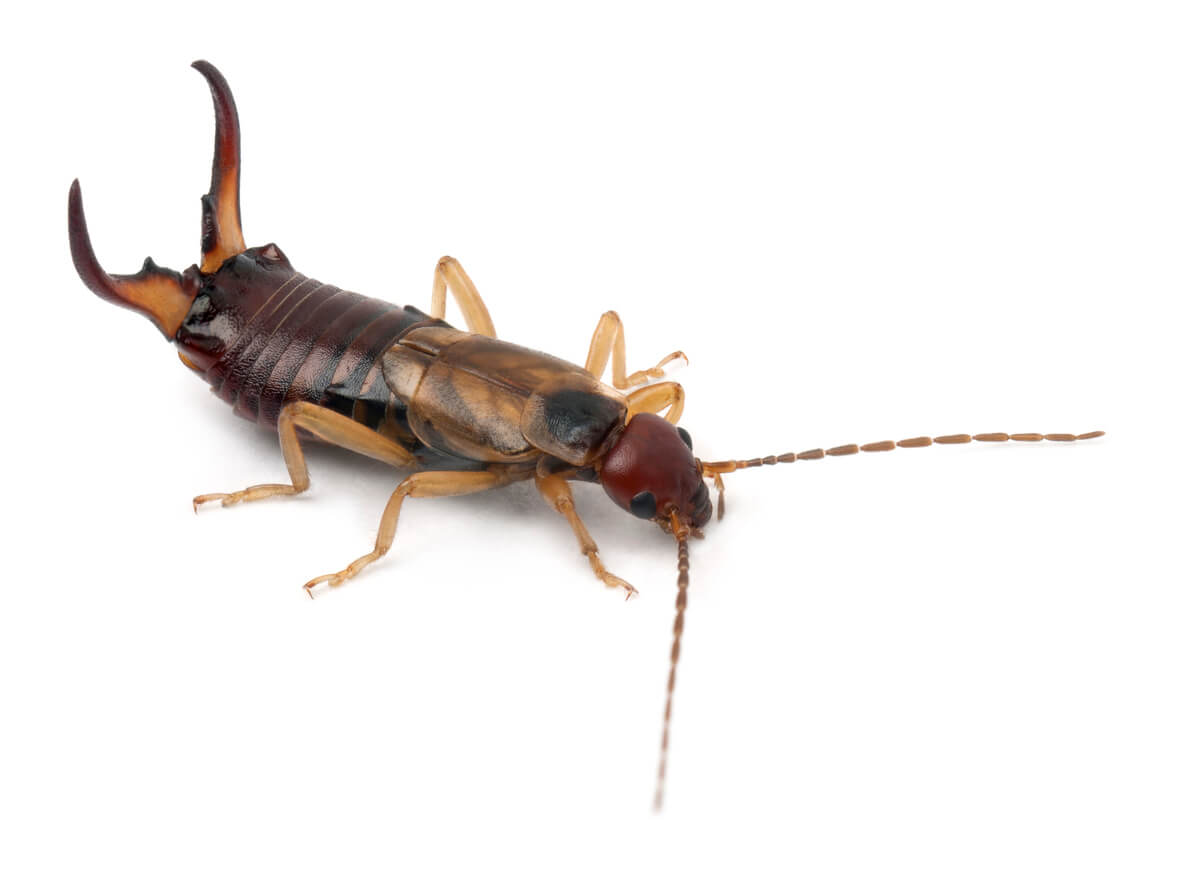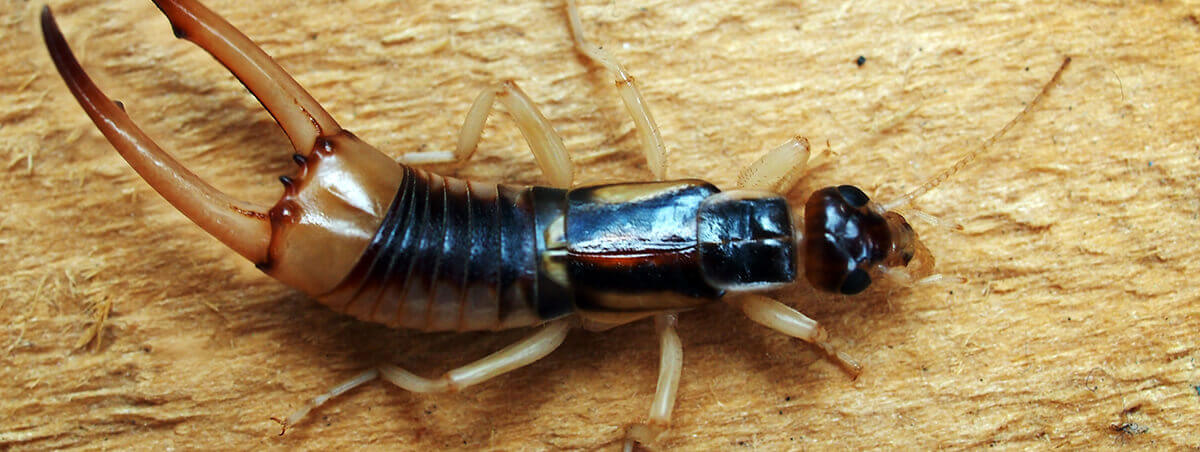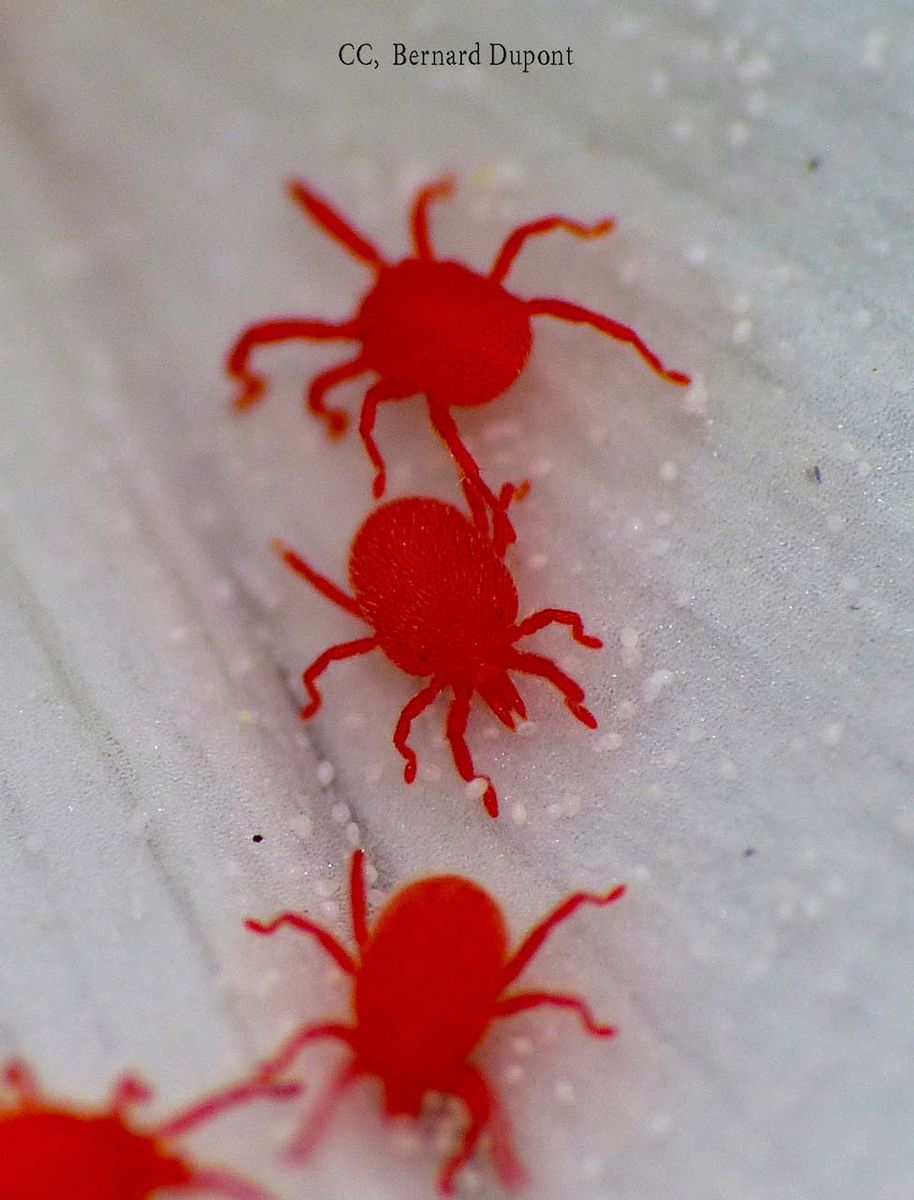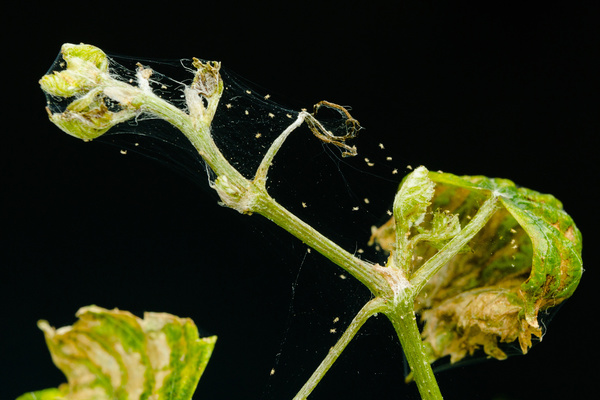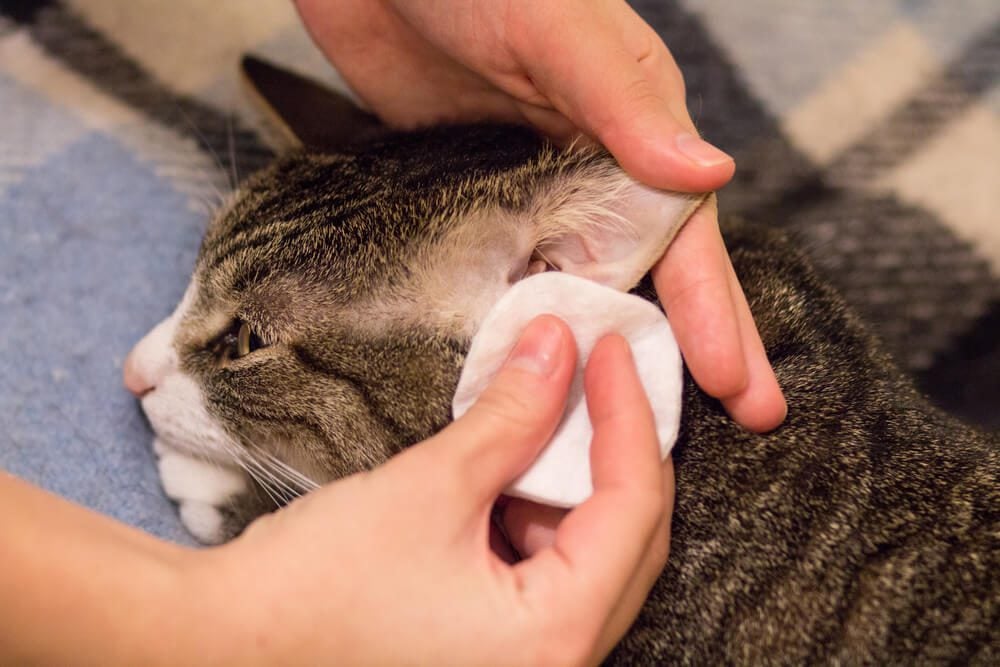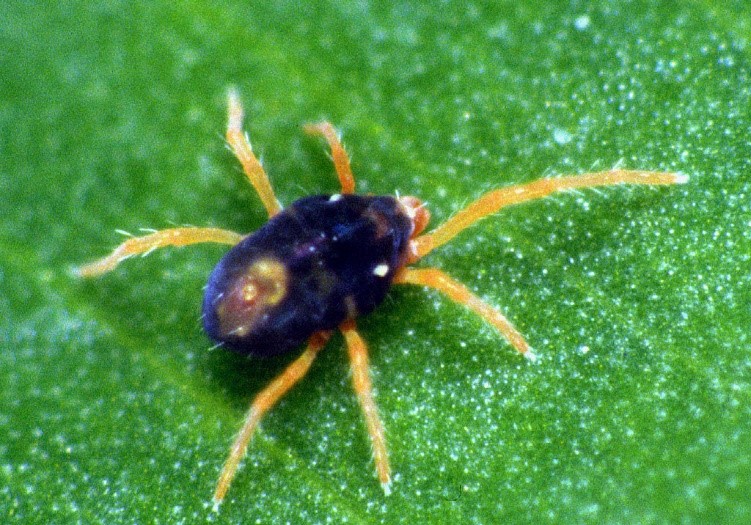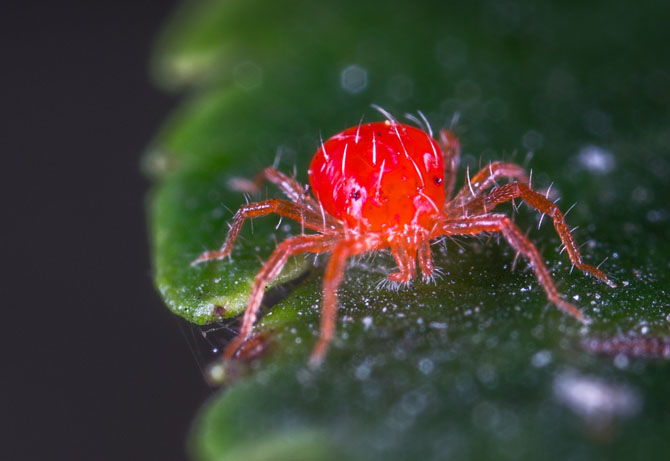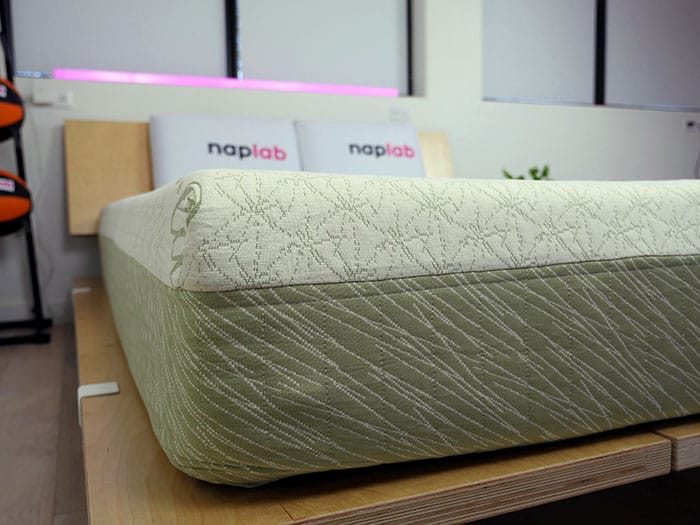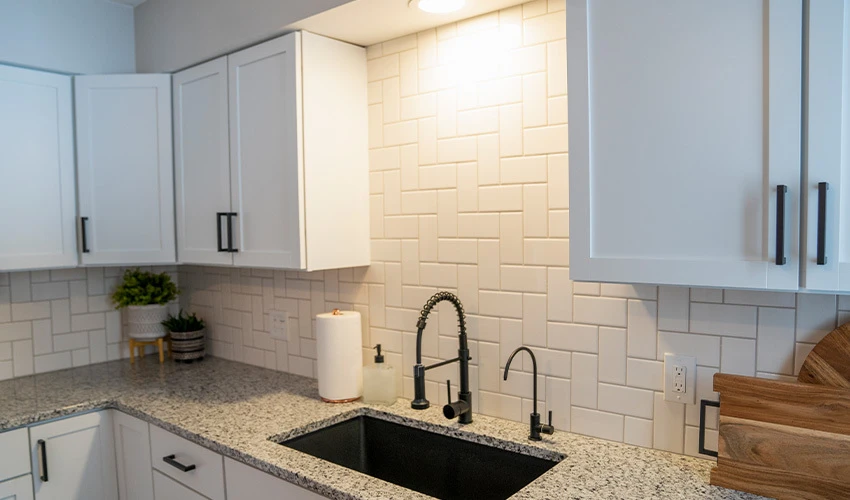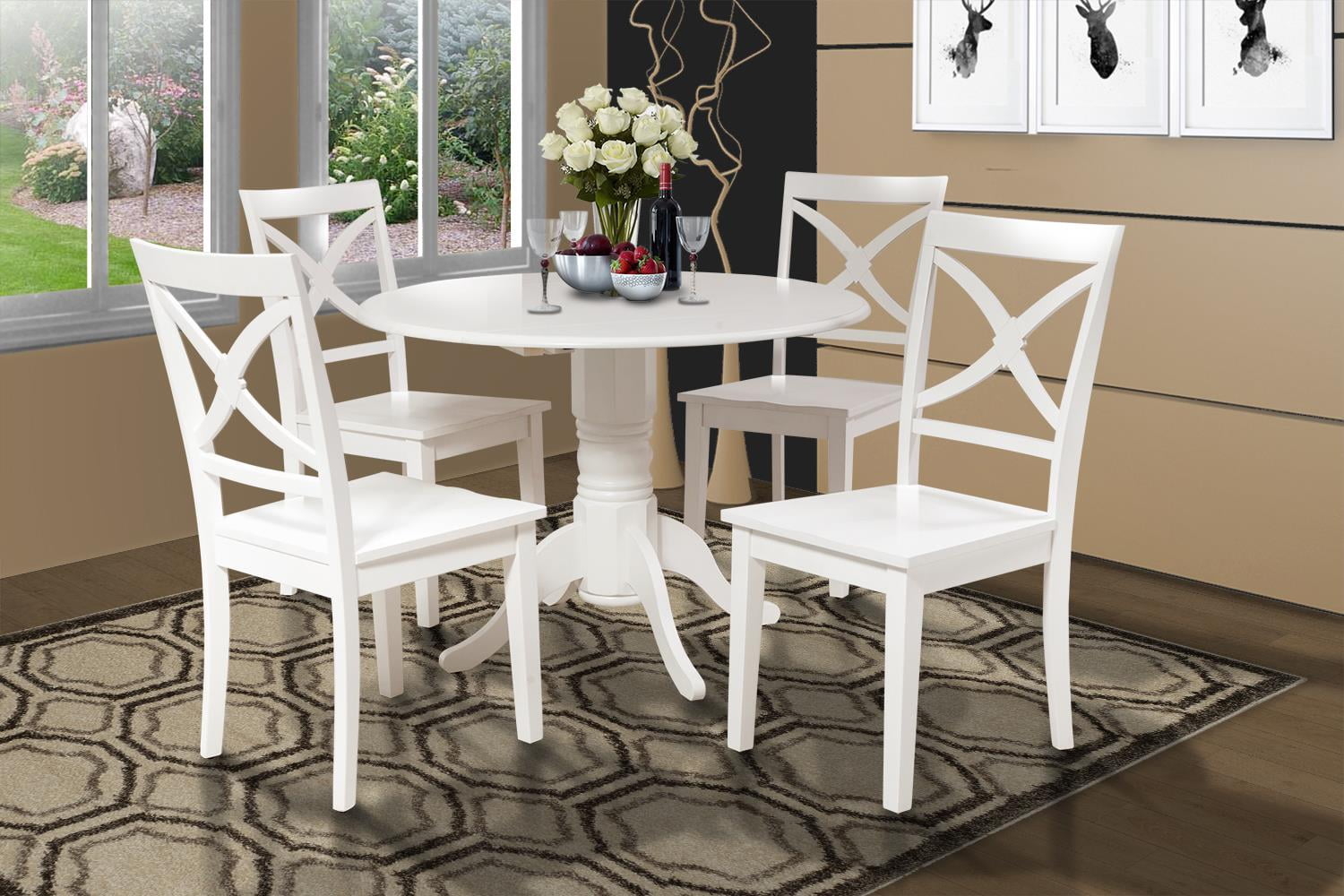Drain flies, also known as moth flies or sewer gnats, are one of the most common small insects found in kitchen sinks. These tiny flies are usually attracted to the damp and decaying organic matter that accumulates in drains and pipes, making your sink the perfect breeding ground for them. They are known for their fuzzy bodies and fluttering flight patterns, which can be a nuisance for homeowners. Drain flies are not harmful to humans, but they can be a sign of a bigger plumbing issue. If you notice a large number of them in your kitchen sink, it could indicate a clogged or damaged drain that needs to be fixed.1. Drain Flies
Fruit flies are another common type of small insect that can be found in kitchen sinks. These tiny flies are usually attracted to overripe fruits and vegetables, as well as other decaying organic matter. They have a short lifespan of only a few weeks but can reproduce quickly, making it important to get rid of them as soon as possible. To prevent fruit flies from infesting your kitchen sink, make sure to dispose of any overripe fruits and vegetables and clean up any spills or crumbs. You can also use a mixture of vinegar and dish soap to trap and kill these pesky insects.2. Fruit Flies
Cockroaches are a common household pest that can also be found in kitchen sinks. These small insects are known for their quick movements and can be difficult to get rid of once they have infested your home. They are attracted to food particles and moisture, making your kitchen sink an ideal place for them to thrive. Cockroaches can carry bacteria and contaminate your food, so it is important to take steps to prevent them from infesting your kitchen sink and home. This can include keeping your sink and countertops clean, sealing any cracks or crevices where they can enter, and using baits or traps to eliminate them.3. Cockroaches
Ants are another common insect that can be found in kitchen sinks. These tiny insects are attracted to sources of food and moisture, and can quickly become a nuisance if left unchecked. They are known for their organized colonies and can infest your kitchen sink in search of crumbs and spilled liquids. To prevent ants from invading your kitchen sink, make sure to clean up any spills or crumbs and seal any entry points. You can also use natural deterrents such as peppermint oil or vinegar to keep them at bay.4. Ants
Silverfish are small, wingless insects that are commonly found in damp and dark areas, including kitchen sinks. They are known for their silvery-grey color and wiggling movements, which can be unsettling for homeowners. These insects are attracted to moisture and can also feed on starchy materials, making your kitchen sink an ideal place for them to thrive. To prevent silverfish from infesting your kitchen sink, make sure to keep it dry and fix any leaks or plumbing issues. You can also use a dehumidifier to reduce moisture levels in your home and deter these insects.5. Silverfish
Springtails are small, wingless insects that are commonly found in moist environments, including kitchen sinks. They are known for their ability to jump long distances and can be found in large numbers if they have infested your sink. These insects feed on decaying organic matter and can also be attracted to moisture. To prevent springtails from infesting your kitchen sink, make sure to keep it dry and clean up any spills or standing water. You can also use a mixture of vinegar and water to kill any existing springtails and deter them from returning.6. Springtails
Moths are small, flying insects that can be found in kitchen sinks and pantries. These insects are attracted to light and can often be seen fluttering around your sink at night. They can also infest stored food items, making them a nuisance for homeowners. To prevent moths from infesting your kitchen sink, make sure to keep it clean and seal any food items in airtight containers. You can also use natural deterrents such as bay leaves or cloves to keep them away.7. Moths
Beetles are small, flying insects that can be found in kitchen sinks and other areas of the home. These insects are attracted to light and can often be seen crawling around your sink and countertops. They can also infest stored food items and can be a nuisance for homeowners. To prevent beetles from infesting your kitchen sink, make sure to keep it clean and dispose of any infested food items. You can also use traps or natural deterrents such as diatomaceous earth to eliminate these insects.8. Beetles
Earwigs are small, fast-moving insects that can be found in kitchen sinks and other damp areas of the home. These insects are attracted to moisture and can also feed on decaying matter and plants. They are known for their pincer-like appendages, which can be intimidating to some homeowners. To prevent earwigs from infesting your kitchen sink, make sure to fix any leaks or plumbing issues and keep it clean and dry. You can also use natural deterrents such as cedar oil or citrus peels to keep them away.9. Earwigs
Mites are tiny, spider-like insects that can infest kitchen sinks and other damp areas of the home. These insects are attracted to moisture and can also feed on decaying matter and plants. They are known for their ability to reproduce quickly, making it important to address an infestation as soon as possible. To prevent mites from infesting your kitchen sink, make sure to keep it clean and dry and fix any leaks or plumbing issues. You can also use natural deterrents such as neem oil or peppermint oil to eliminate these insects.10. Mites
Preventing Small Insects in Your Kitchen Sink: A Guide to Efficient House Design
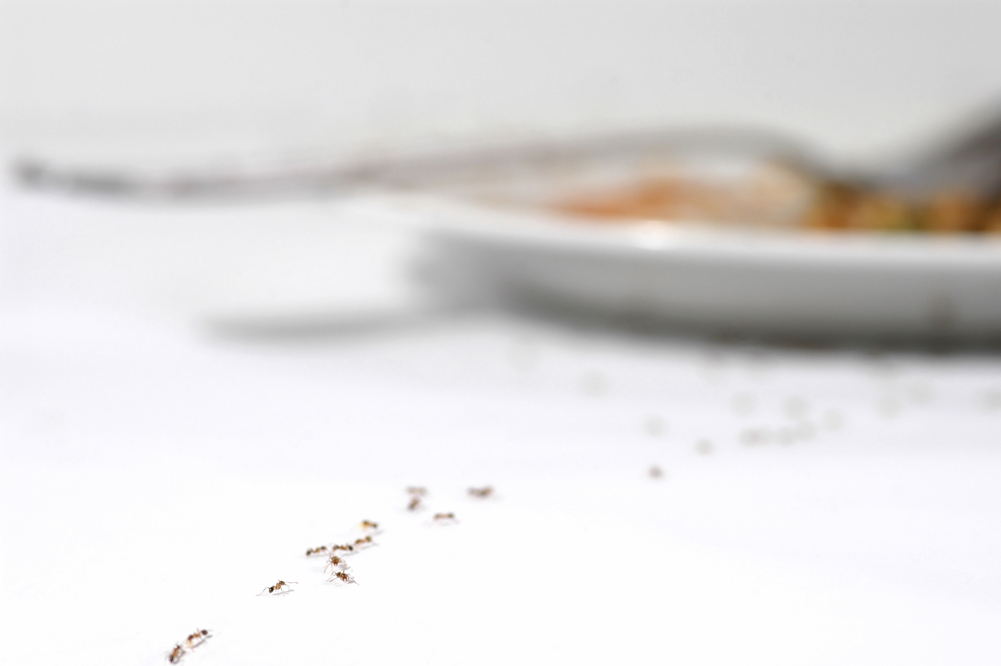
Introduction
 When designing your dream home, it's important to not only focus on aesthetics but also on functionality. One aspect that is often overlooked is the kitchen sink. Many homeowners tend to neglect this area, not realizing that it can be a breeding ground for small insects. These tiny pests can be a nuisance and a health hazard, contaminating your food and causing potential damage to your kitchen. In this article, we will discuss how proper house design can prevent small insects from infesting your kitchen sink.
When designing your dream home, it's important to not only focus on aesthetics but also on functionality. One aspect that is often overlooked is the kitchen sink. Many homeowners tend to neglect this area, not realizing that it can be a breeding ground for small insects. These tiny pests can be a nuisance and a health hazard, contaminating your food and causing potential damage to your kitchen. In this article, we will discuss how proper house design can prevent small insects from infesting your kitchen sink.
The Importance of a Well-Designed Kitchen Sink
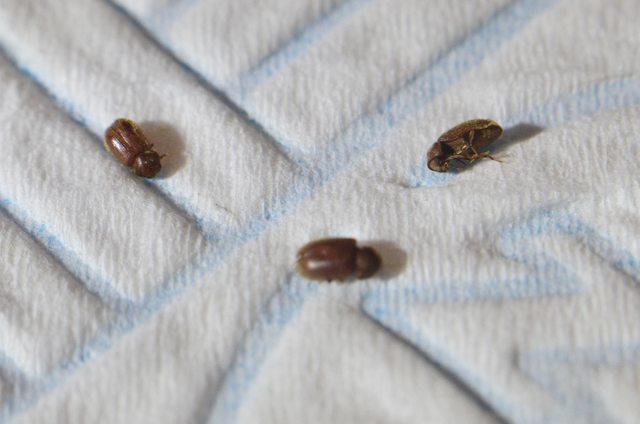 The kitchen sink is an essential part of any household. It is where we wash our hands, food, and dishes. It is also a place where food scraps and debris can accumulate, providing a perfect environment for small insects to thrive. These pests are attracted to moist and dark environments, making your kitchen sink an ideal breeding ground. Therefore, it is crucial to have a well-designed sink that not only looks good but also functions effectively in preventing insect infestations.
Proper Drainage
One of the most common causes of small insects in the kitchen sink is poor drainage. When water and food particles get stuck in your sink's drain, it creates a perfect breeding ground for gnats, fruit flies, and other pests. To prevent this, make sure your sink has a good drainage system that allows water to flow freely, and any food debris can be easily removed. Regularly clean your drain and use a sink strainer to catch any food particles that may slip through.
Seal Gaps and Cracks
Another entry point for small insects in your kitchen sink is through gaps and cracks in your sink's plumbing. These tiny openings provide easy access for pests to enter your home. To prevent this, make sure to seal any gaps or cracks with caulk or putty. It is also essential to regularly inspect and maintain your sink's plumbing to ensure there are no potential entry points for insects.
Proper Waste Management
Poor waste management is also a significant contributor to small insect infestations in the kitchen sink. Leaving food scraps or dirty dishes in the sink overnight can attract pests. Make it a habit to clean your sink and dispose of any food waste properly before going to bed. Also, regularly empty your garbage can and keep it covered to prevent attracting insects.
The kitchen sink is an essential part of any household. It is where we wash our hands, food, and dishes. It is also a place where food scraps and debris can accumulate, providing a perfect environment for small insects to thrive. These pests are attracted to moist and dark environments, making your kitchen sink an ideal breeding ground. Therefore, it is crucial to have a well-designed sink that not only looks good but also functions effectively in preventing insect infestations.
Proper Drainage
One of the most common causes of small insects in the kitchen sink is poor drainage. When water and food particles get stuck in your sink's drain, it creates a perfect breeding ground for gnats, fruit flies, and other pests. To prevent this, make sure your sink has a good drainage system that allows water to flow freely, and any food debris can be easily removed. Regularly clean your drain and use a sink strainer to catch any food particles that may slip through.
Seal Gaps and Cracks
Another entry point for small insects in your kitchen sink is through gaps and cracks in your sink's plumbing. These tiny openings provide easy access for pests to enter your home. To prevent this, make sure to seal any gaps or cracks with caulk or putty. It is also essential to regularly inspect and maintain your sink's plumbing to ensure there are no potential entry points for insects.
Proper Waste Management
Poor waste management is also a significant contributor to small insect infestations in the kitchen sink. Leaving food scraps or dirty dishes in the sink overnight can attract pests. Make it a habit to clean your sink and dispose of any food waste properly before going to bed. Also, regularly empty your garbage can and keep it covered to prevent attracting insects.
Conclusion
 A well-designed kitchen sink is crucial in preventing small insects from infesting your home. By ensuring proper drainage, sealing gaps and cracks, and practicing proper waste management, you can keep your kitchen sink free from pests. Remember, a little effort in house design can go a long way in creating a functional and insect-free living space.
A well-designed kitchen sink is crucial in preventing small insects from infesting your home. By ensuring proper drainage, sealing gaps and cracks, and practicing proper waste management, you can keep your kitchen sink free from pests. Remember, a little effort in house design can go a long way in creating a functional and insect-free living space.



/Getting-rid-of-drain-flies-2656670-V1-1340ca9ec3a743cb95a366862a9961c1.png)
:max_bytes(150000):strip_icc()/Applecider-ver1-a38c1778c648462aa873aa3ee484ccfa.jpg)
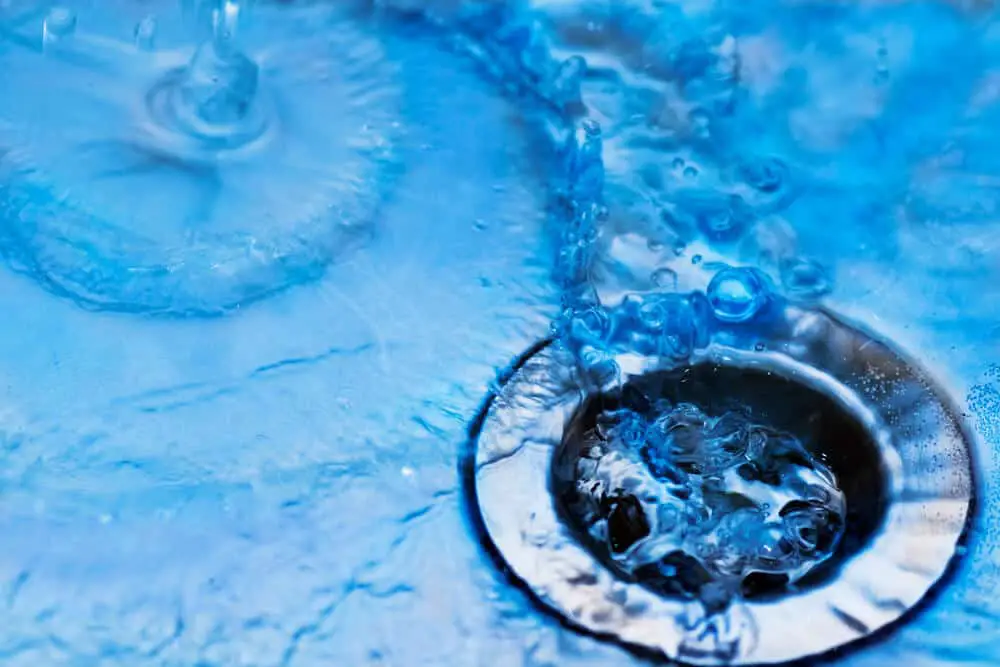
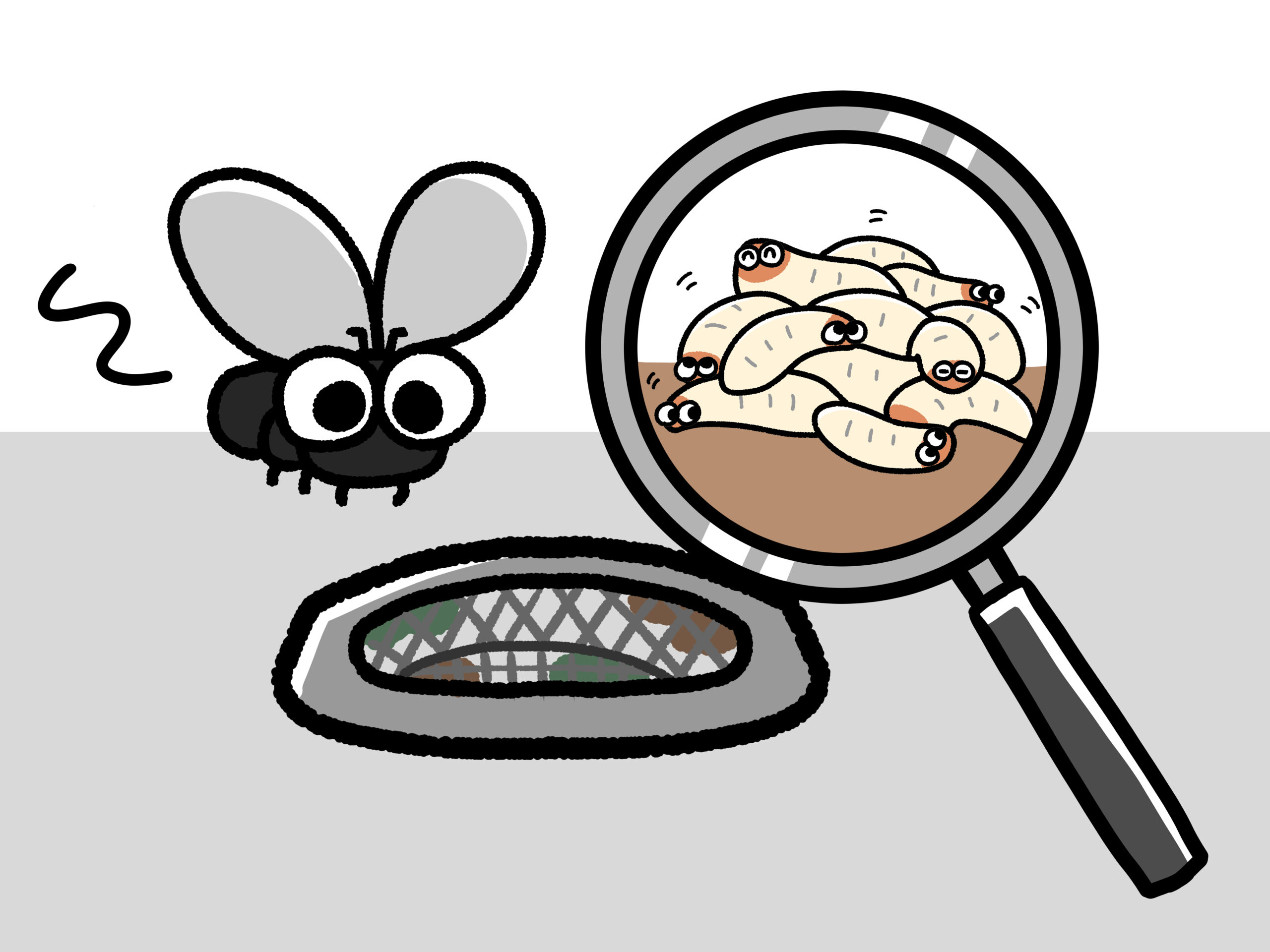

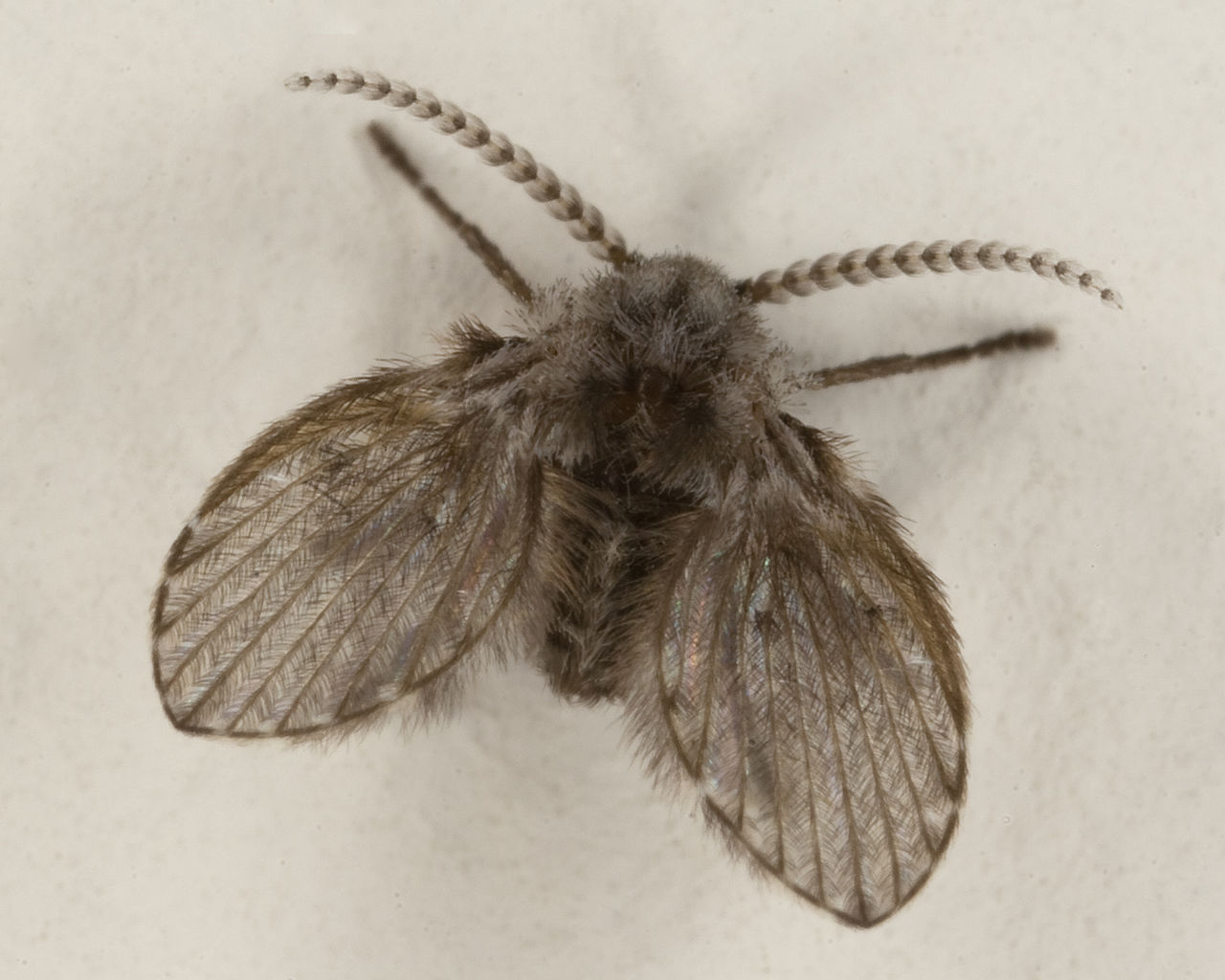
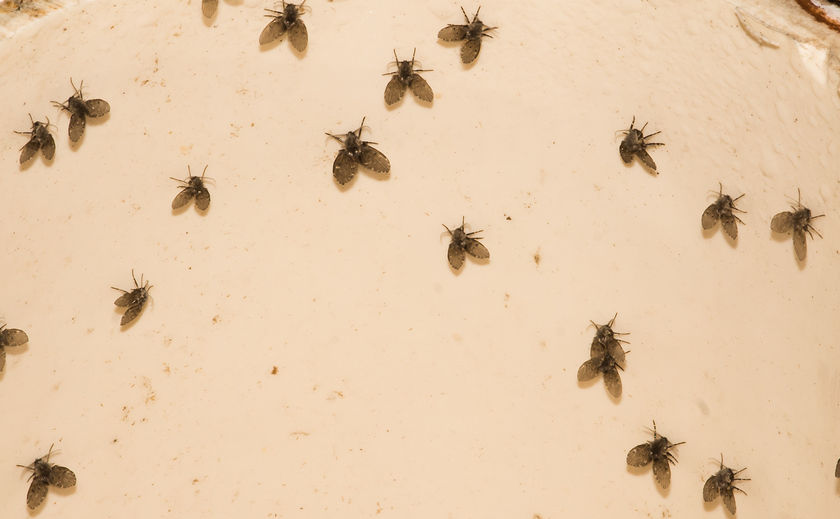

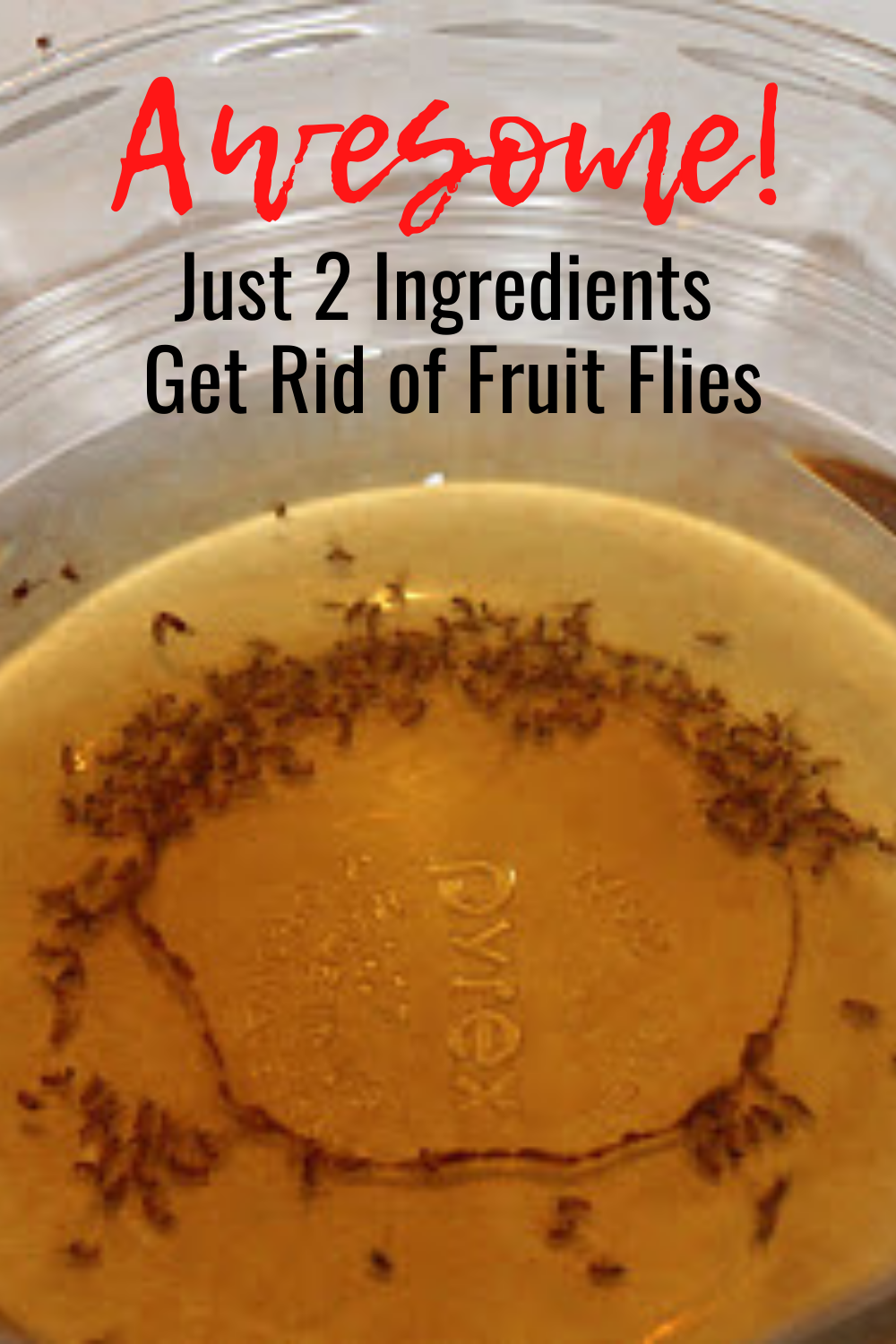




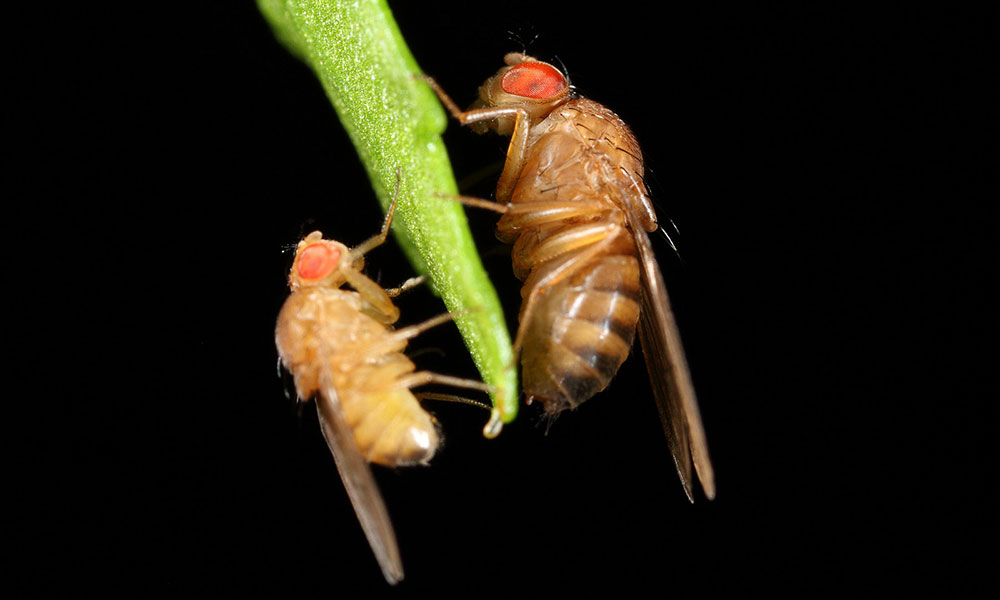
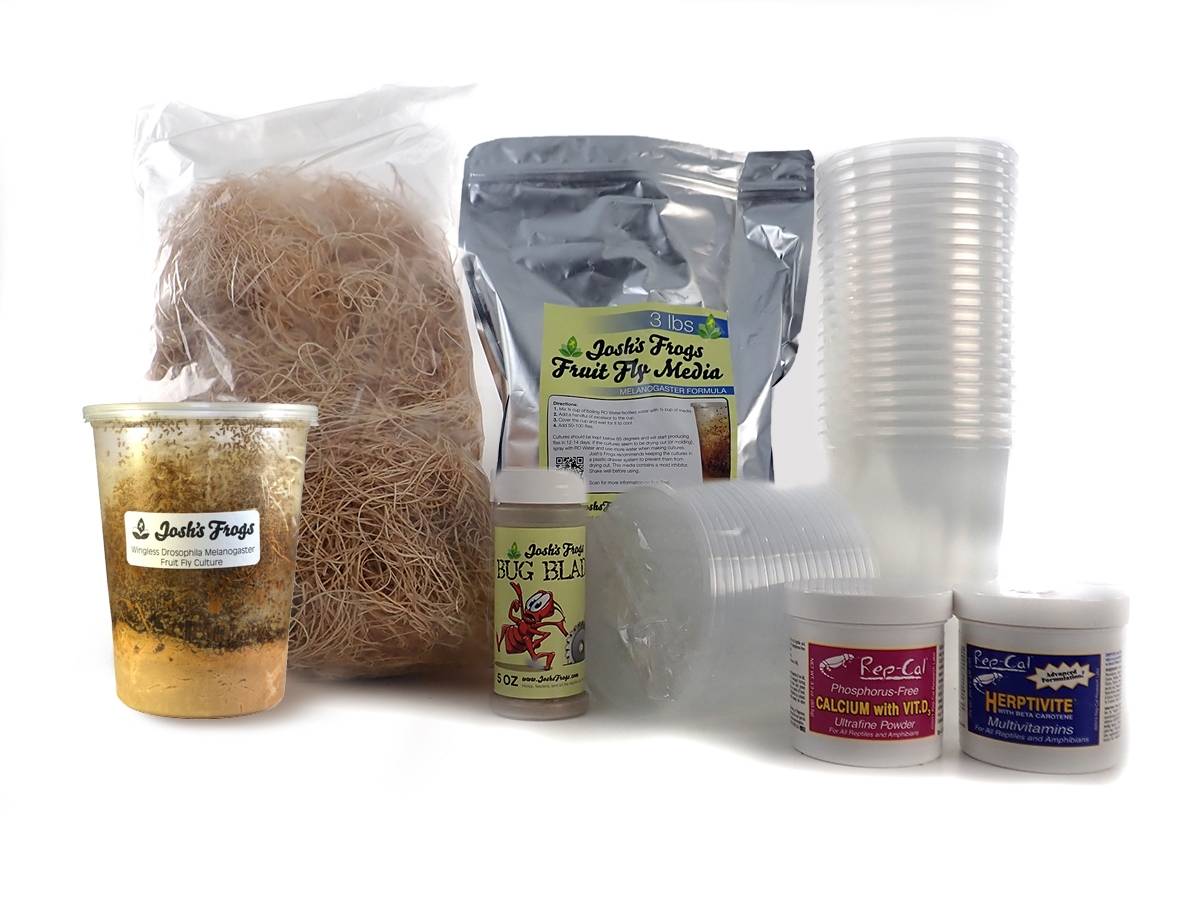

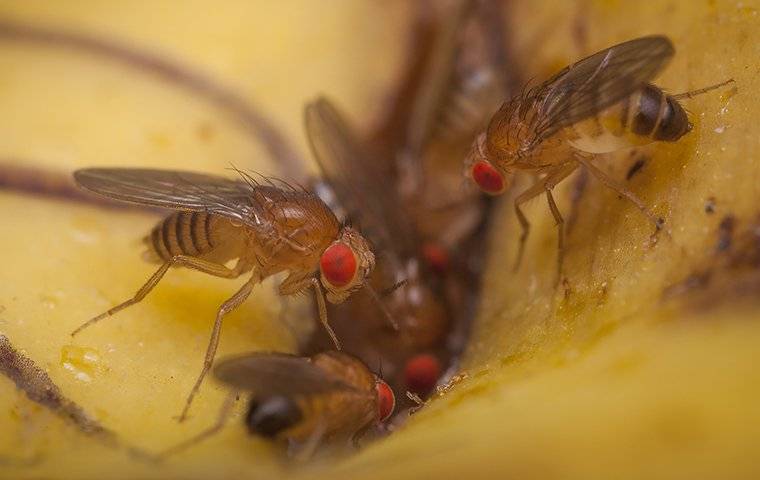
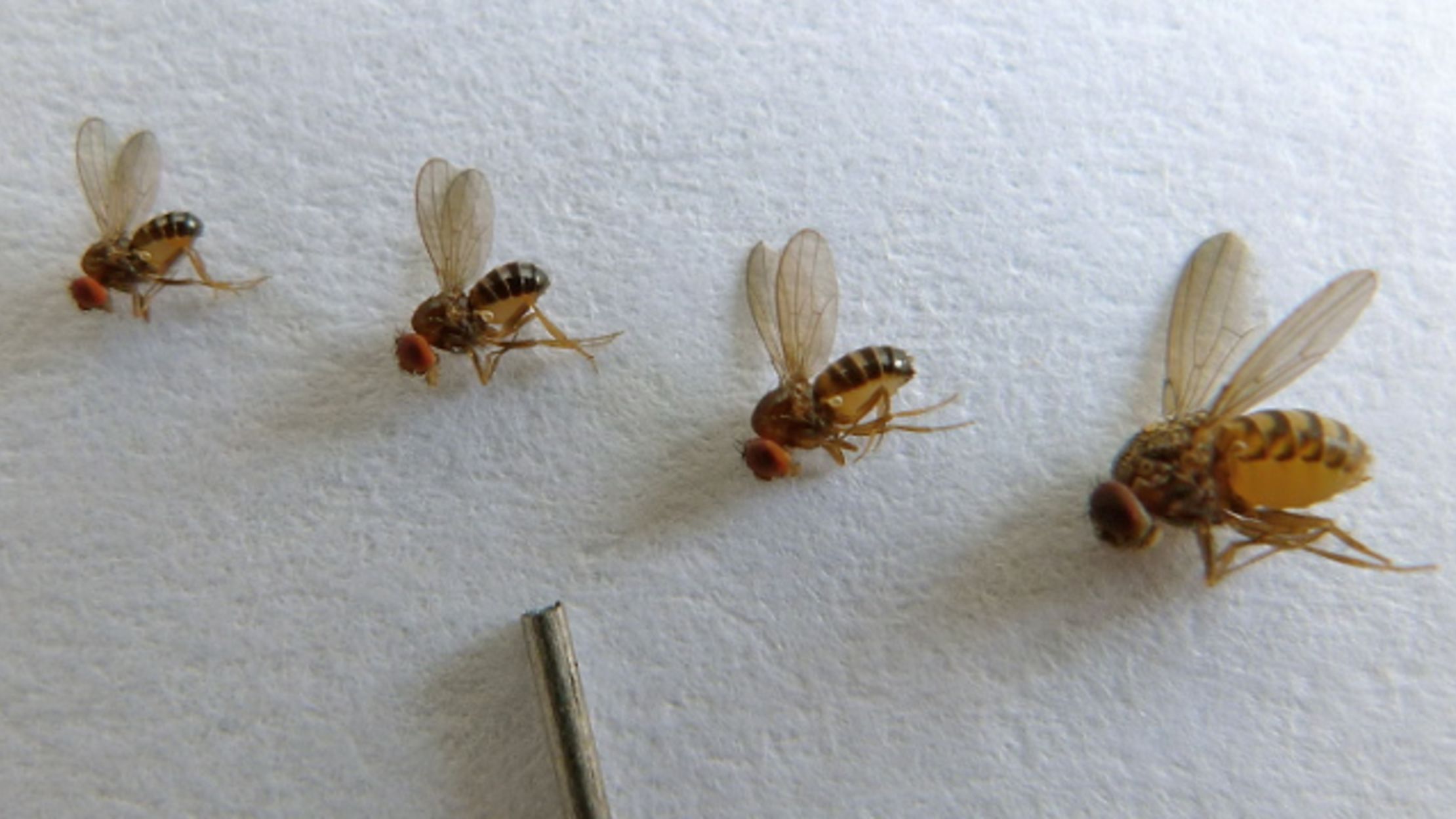


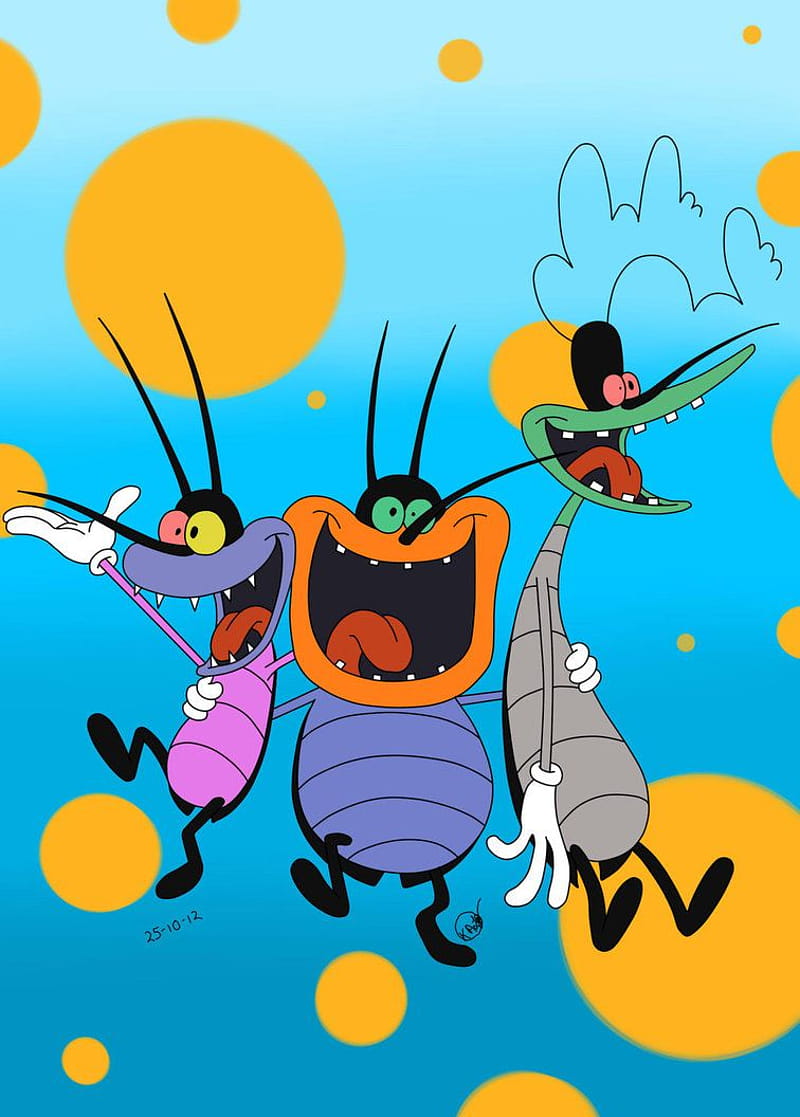









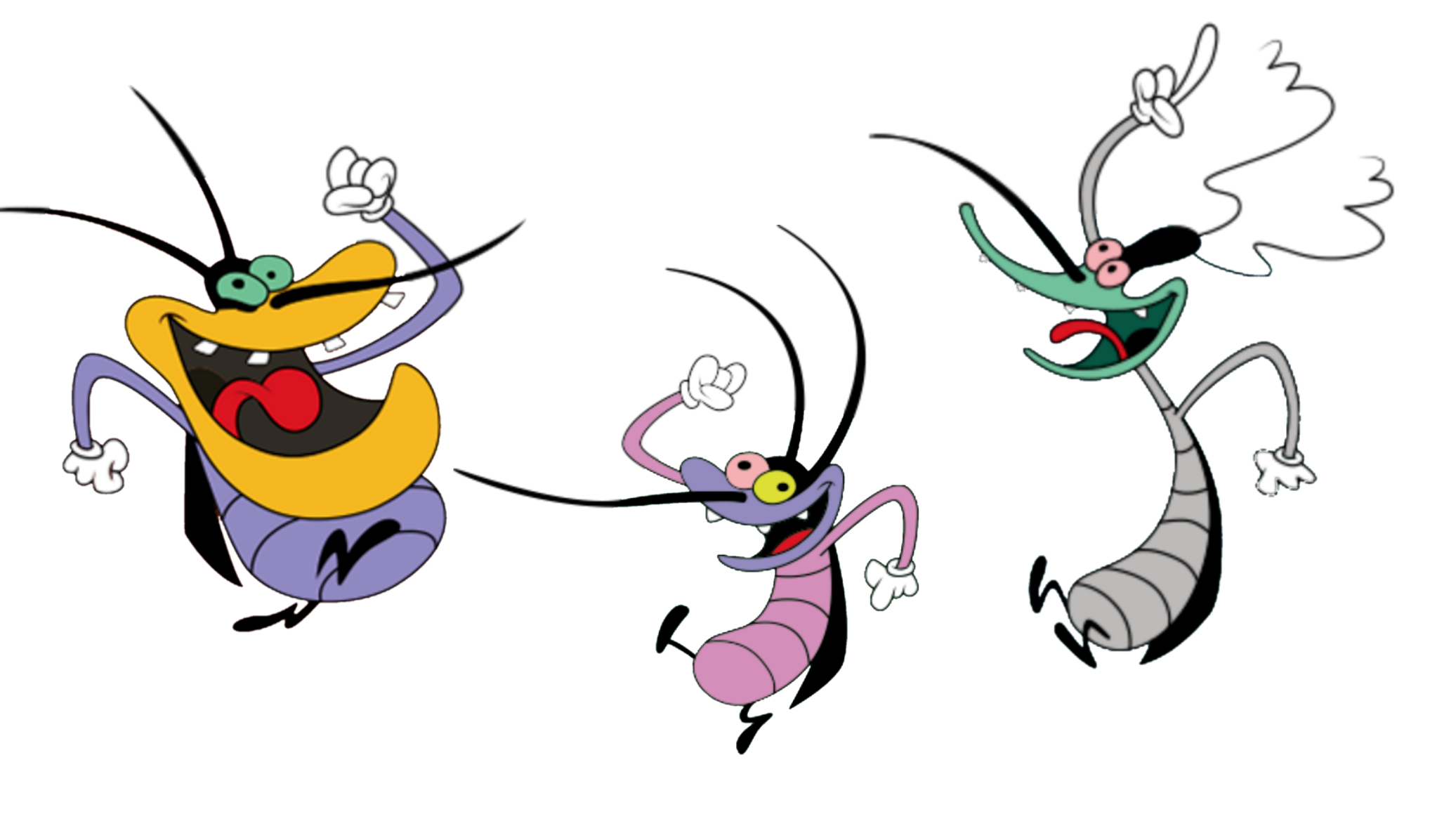





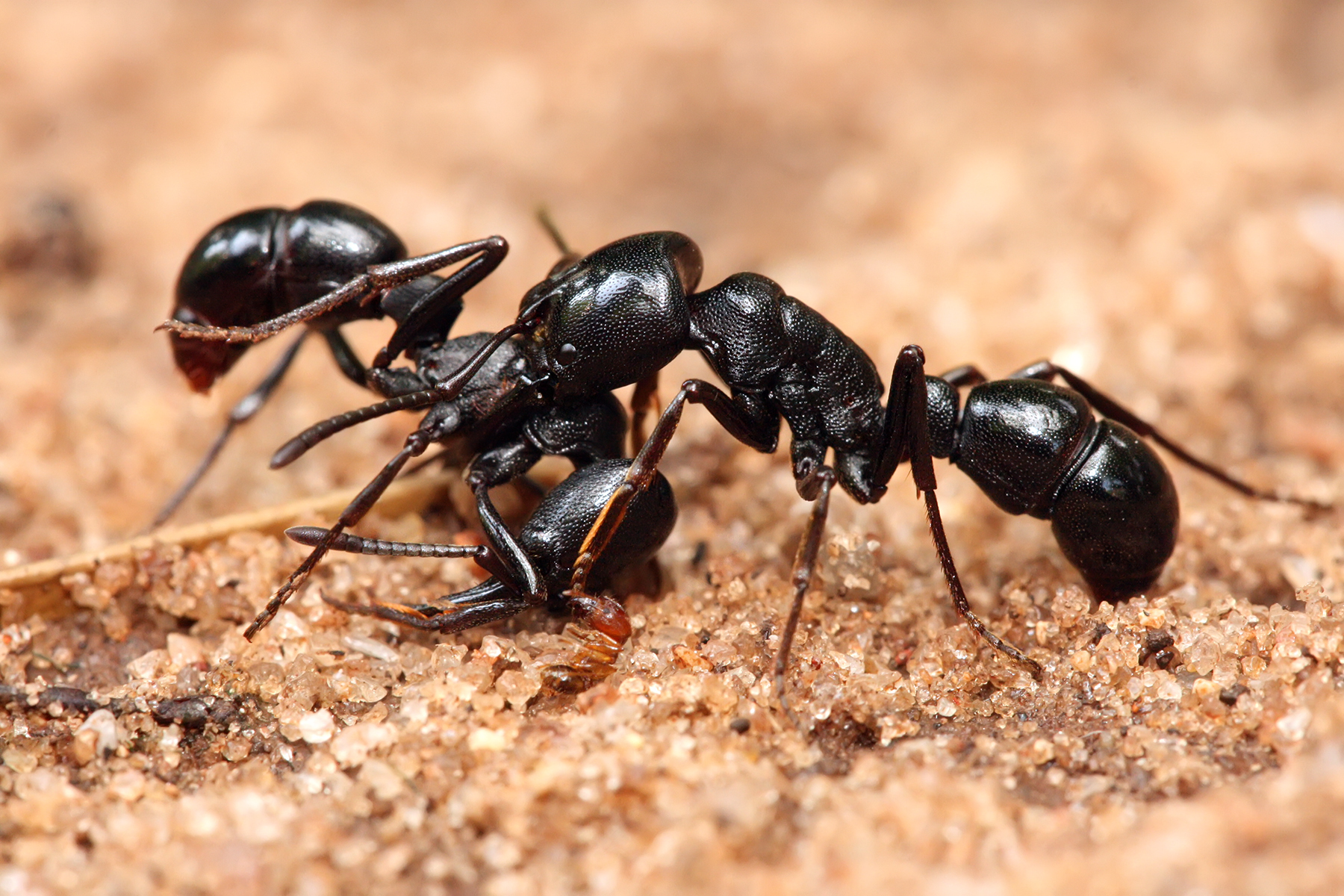
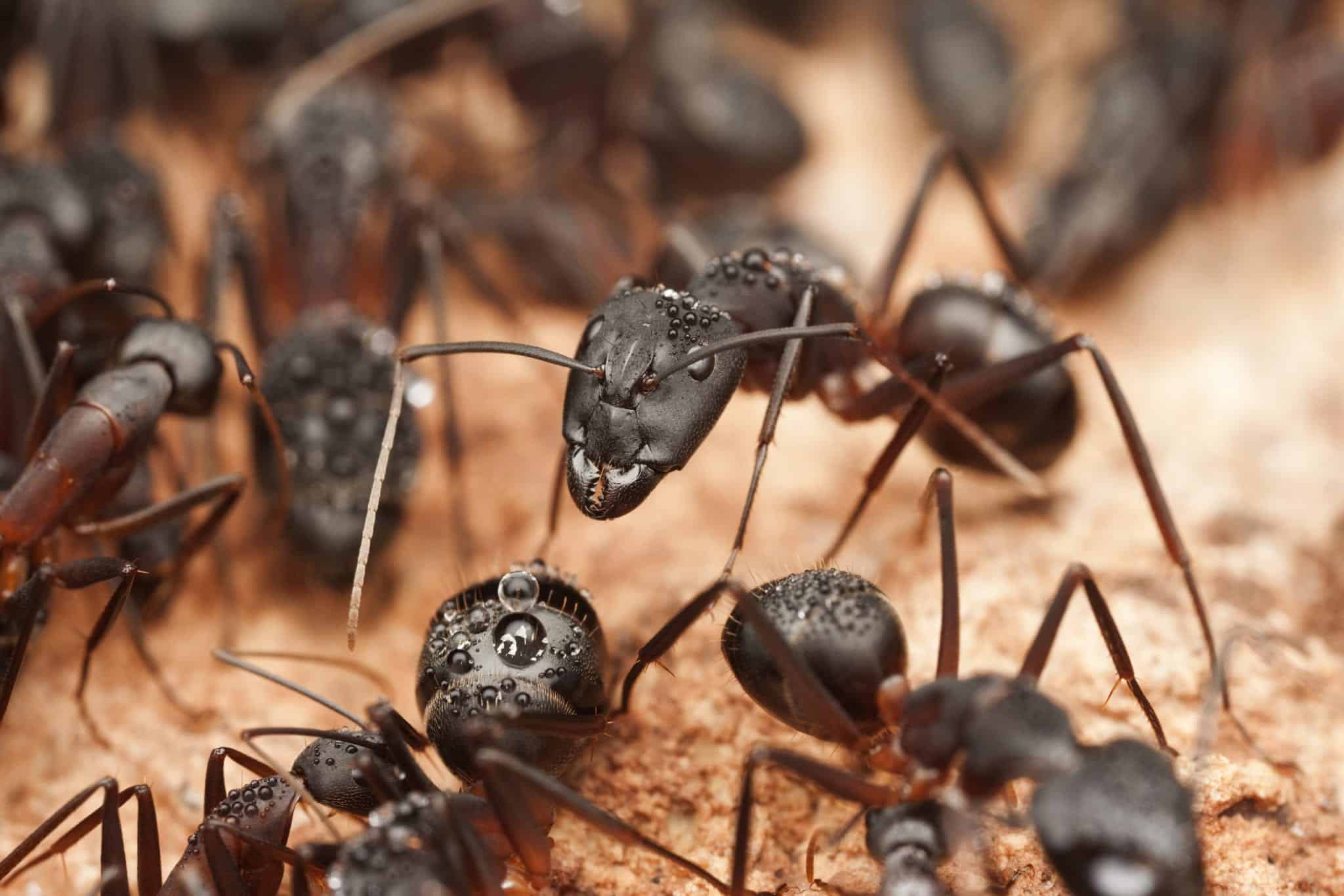
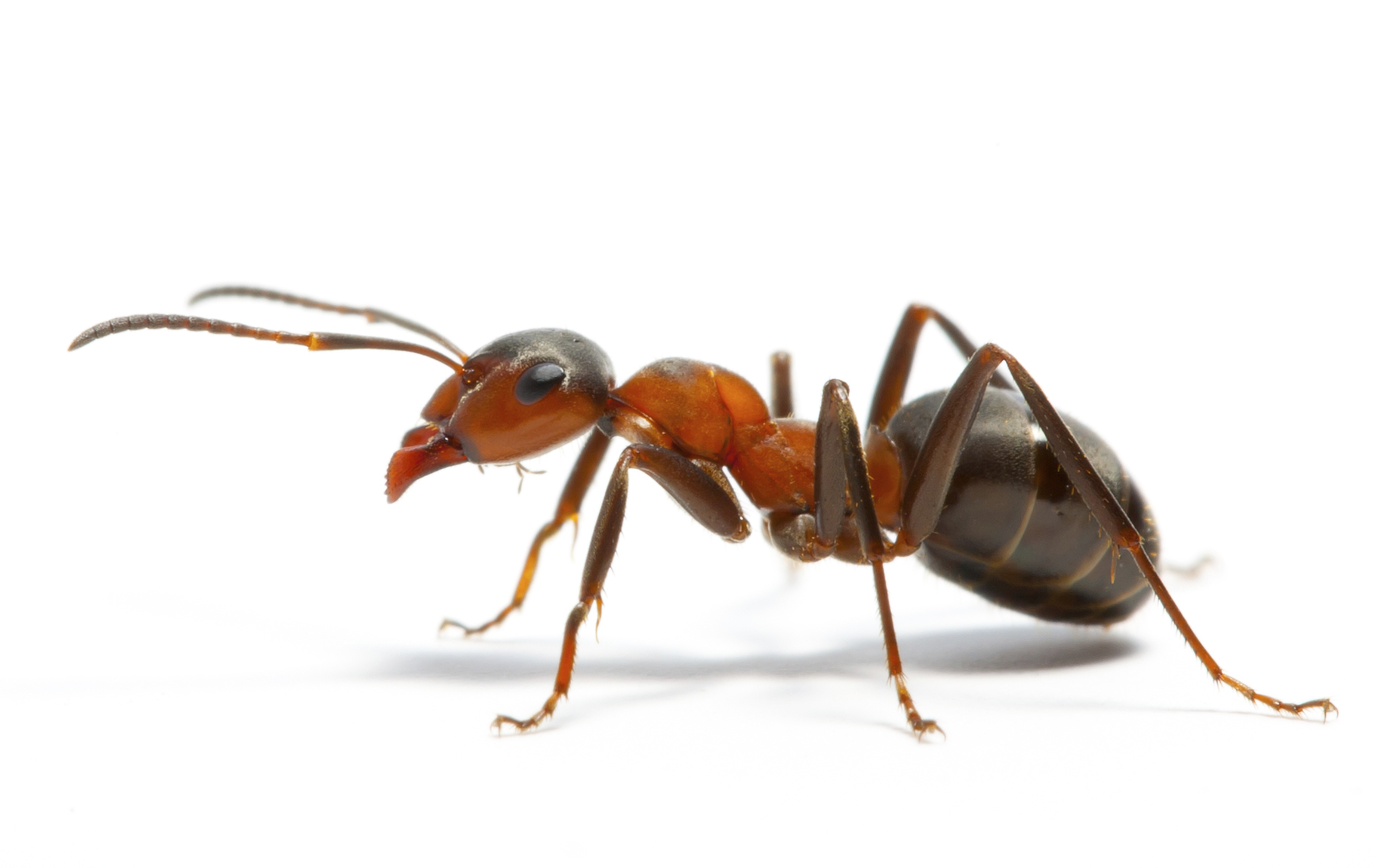


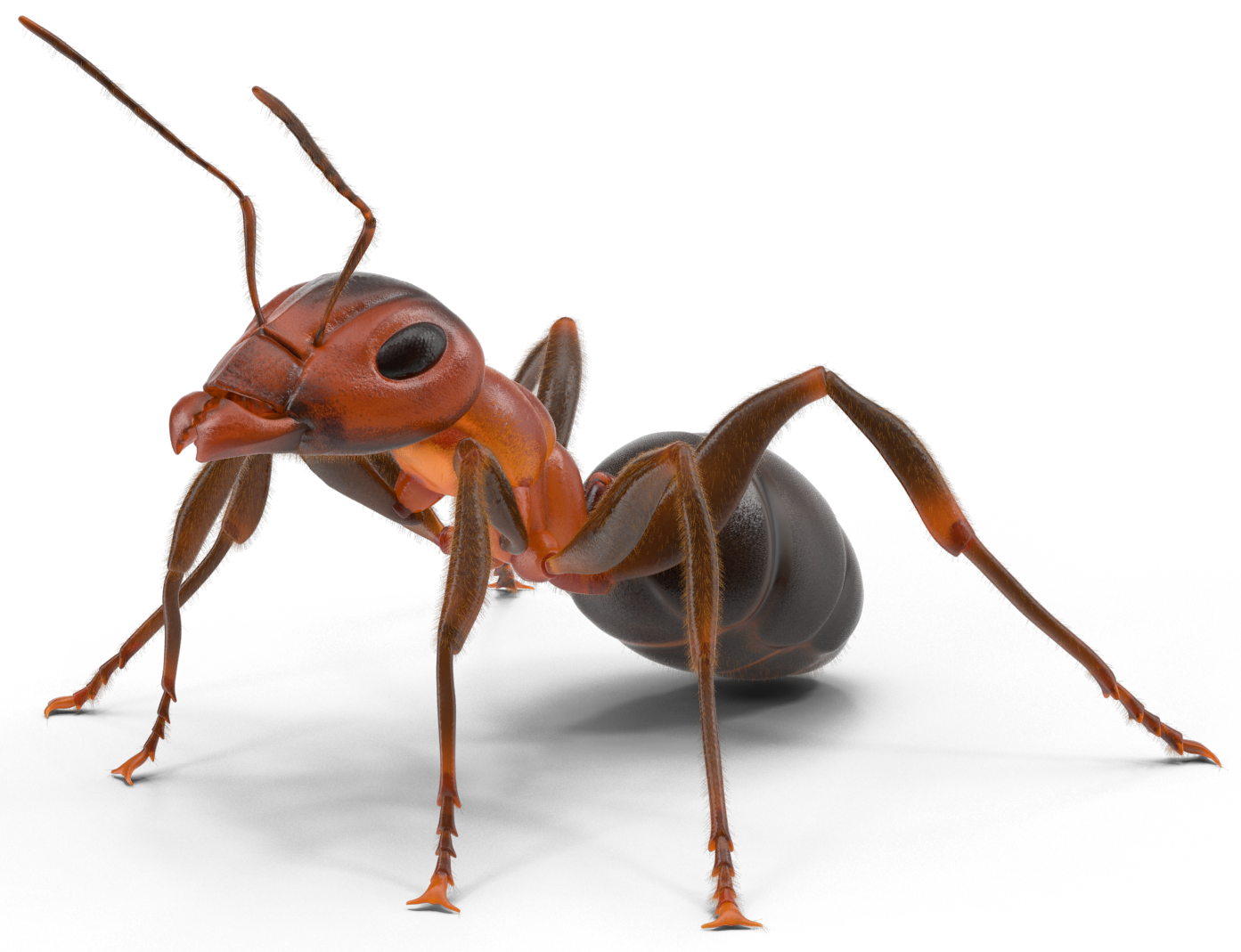
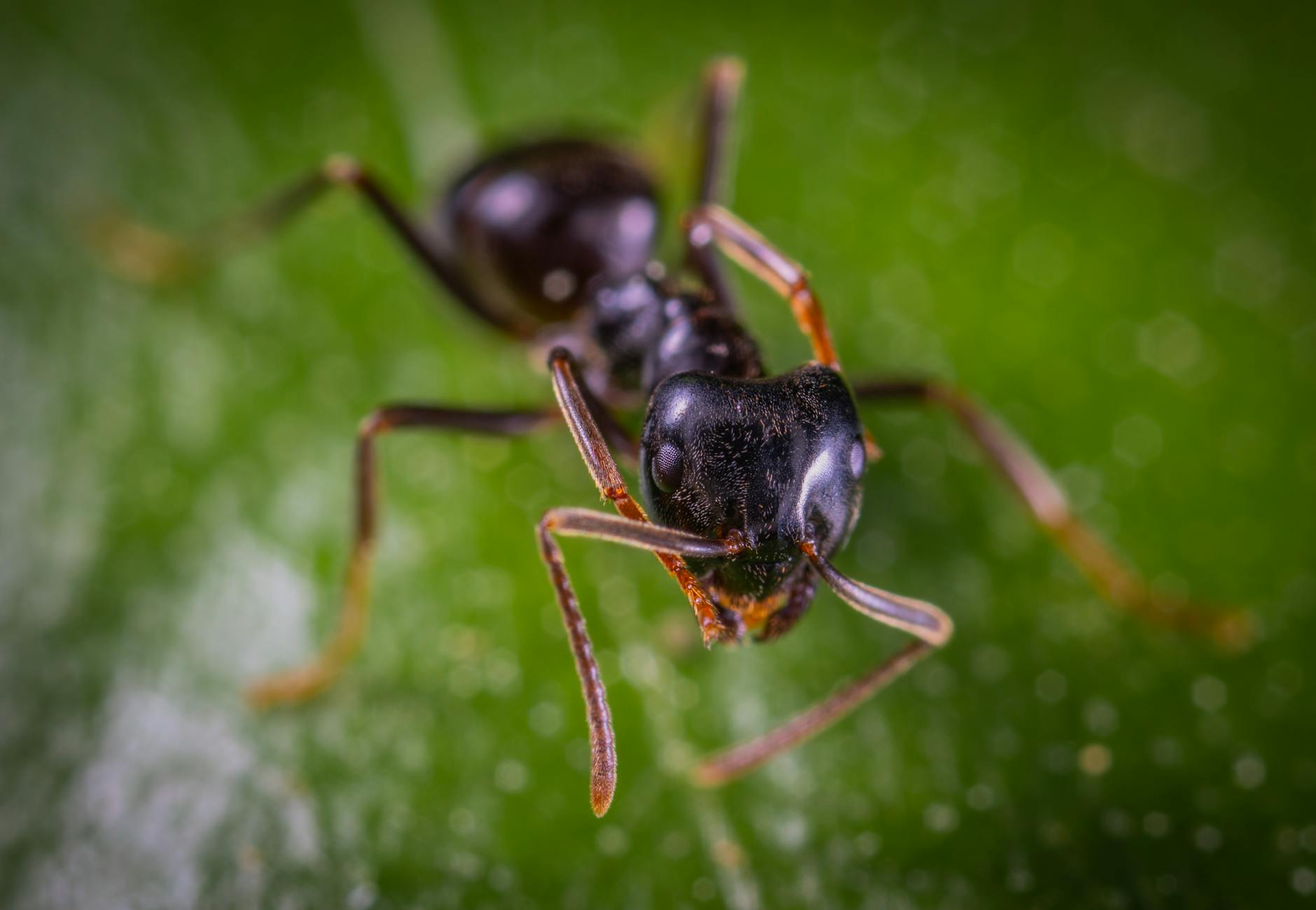
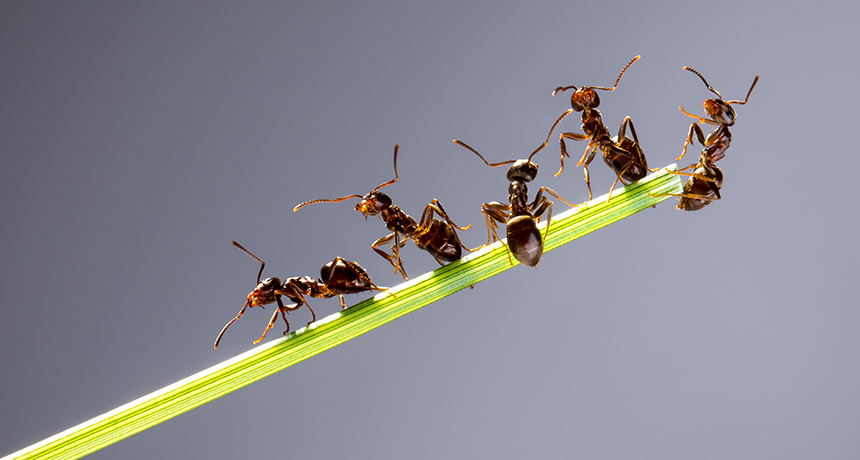





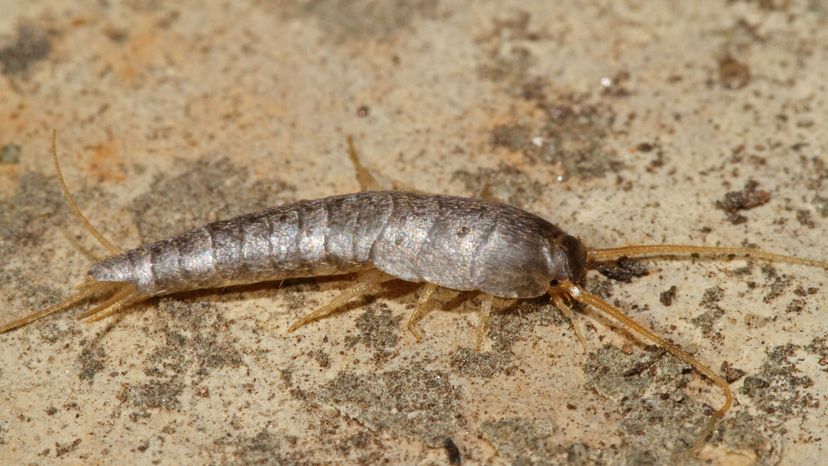
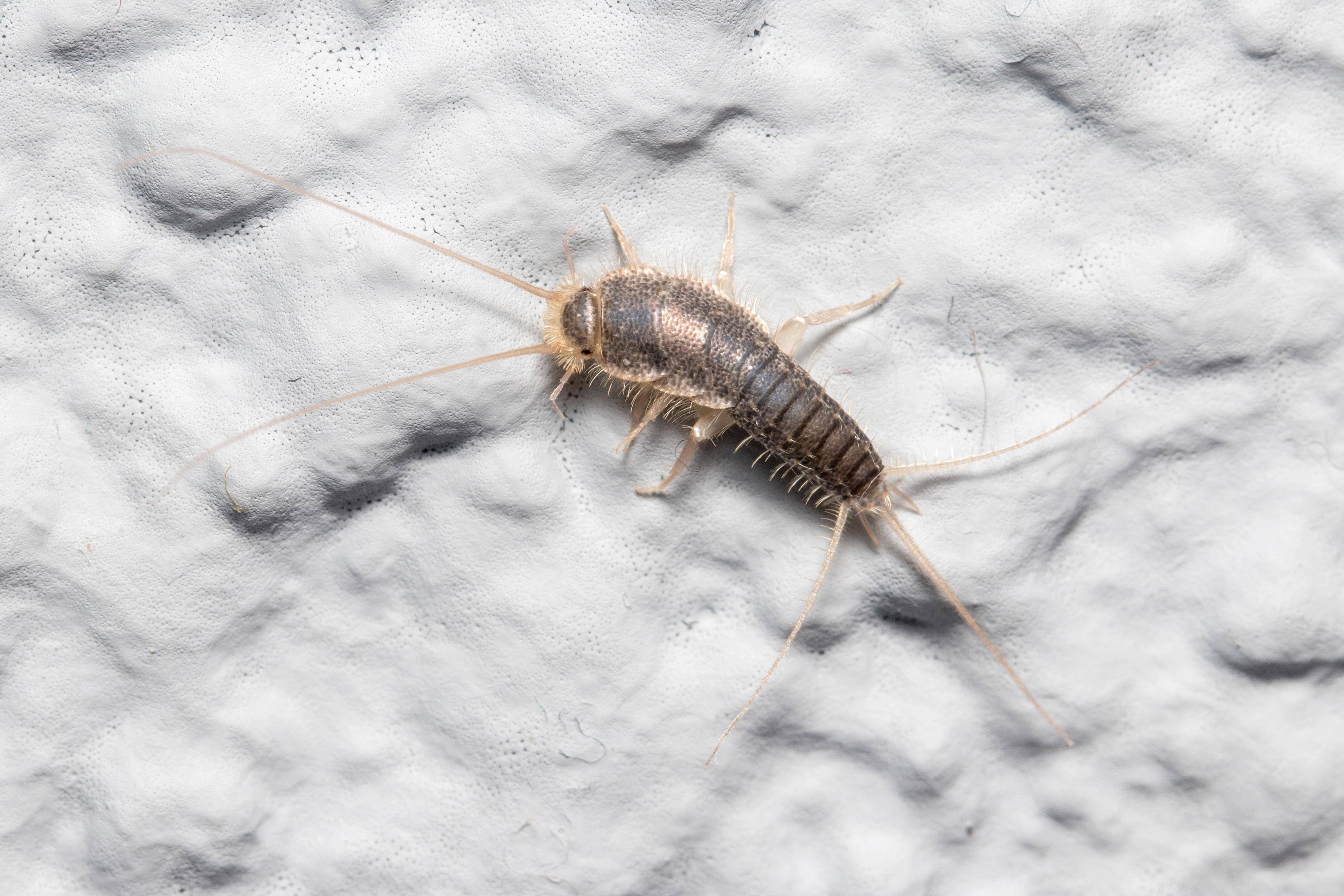
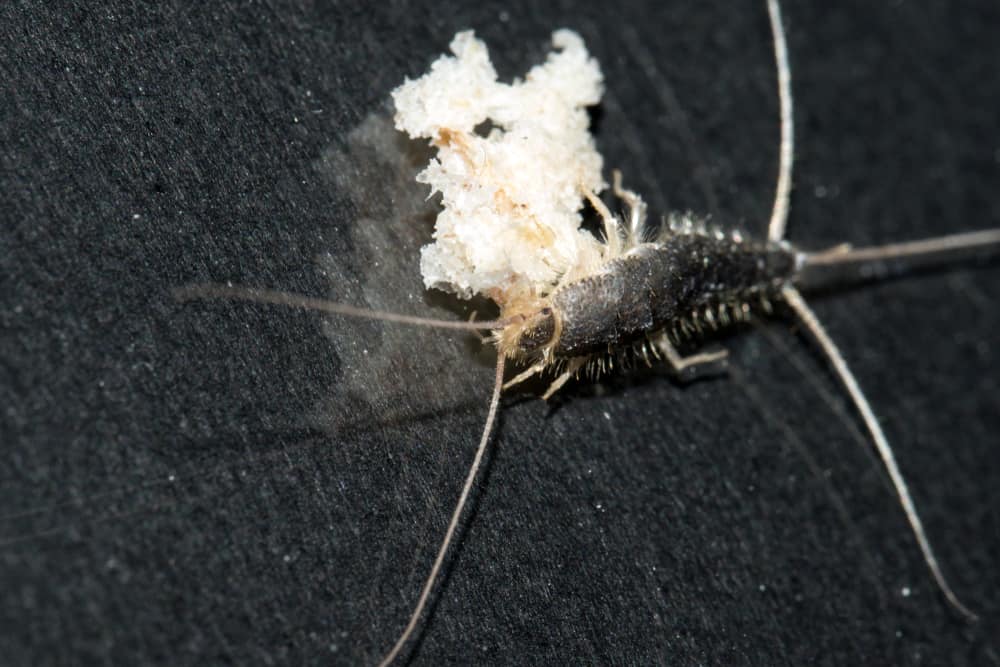
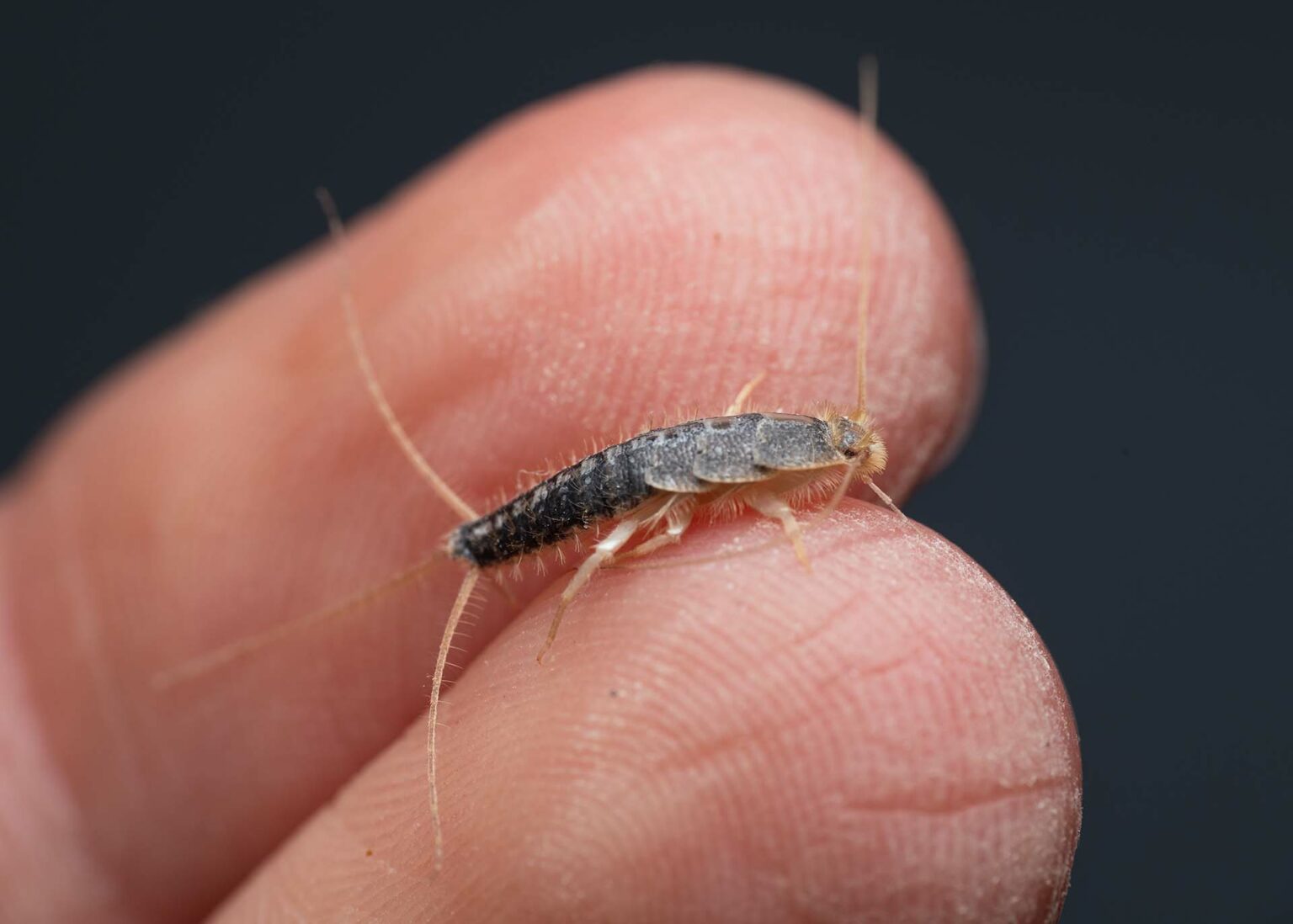

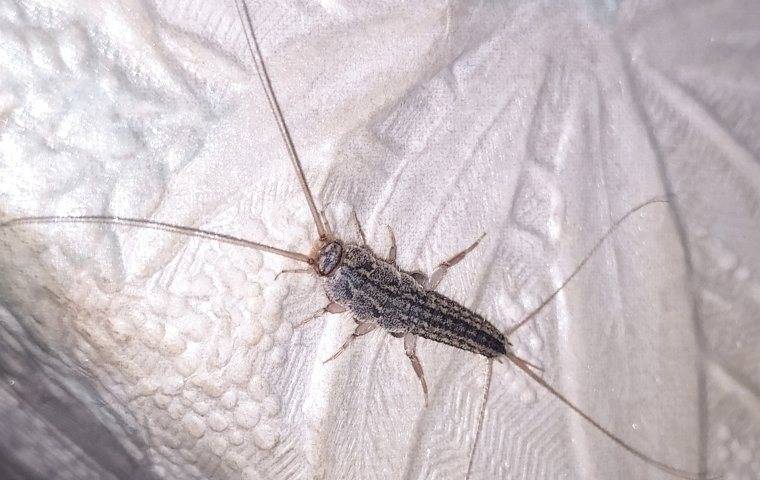

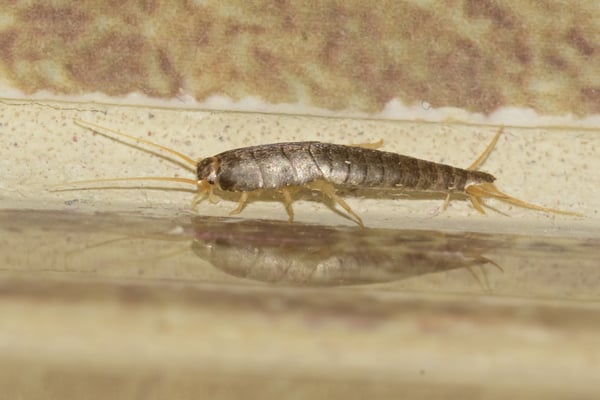

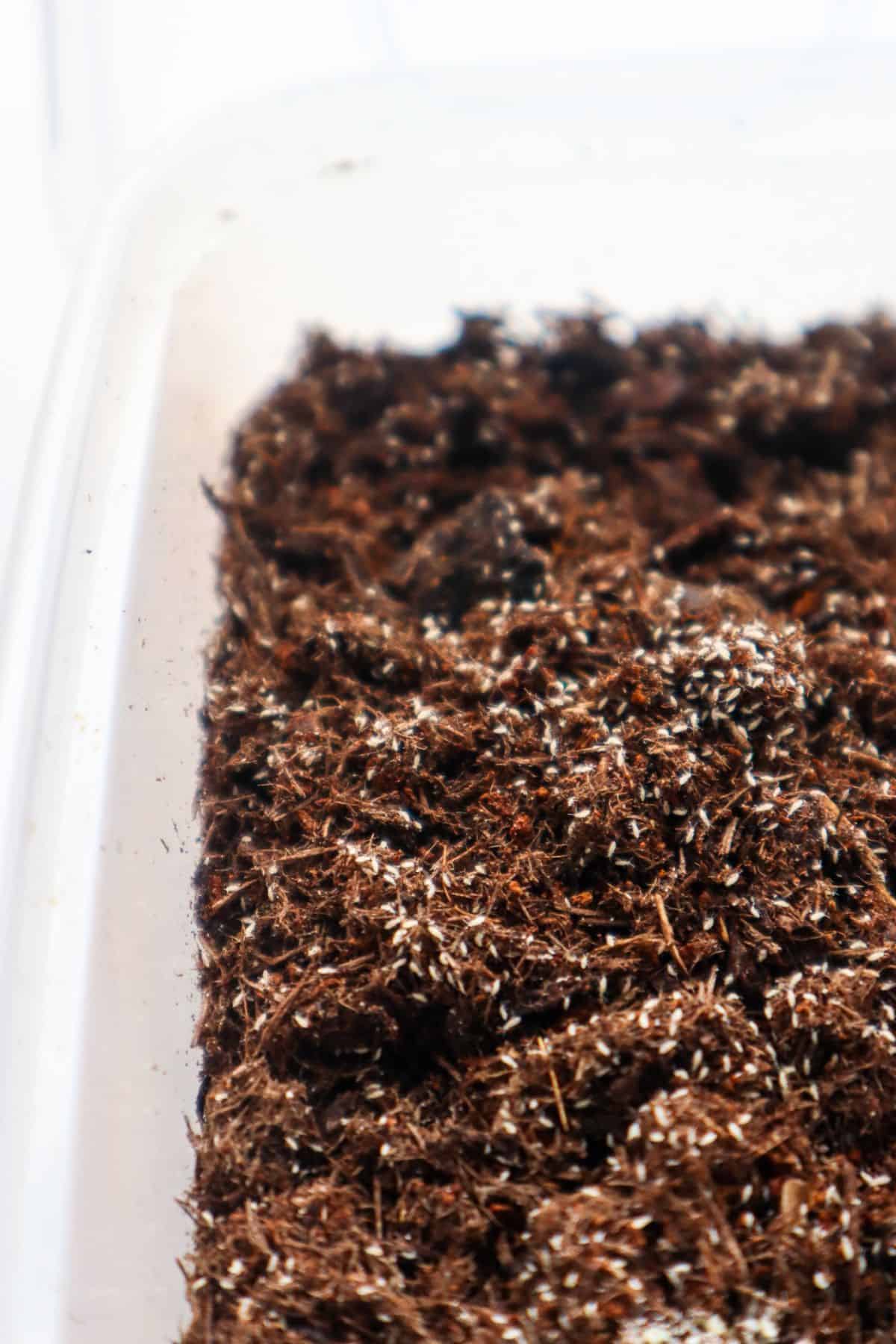


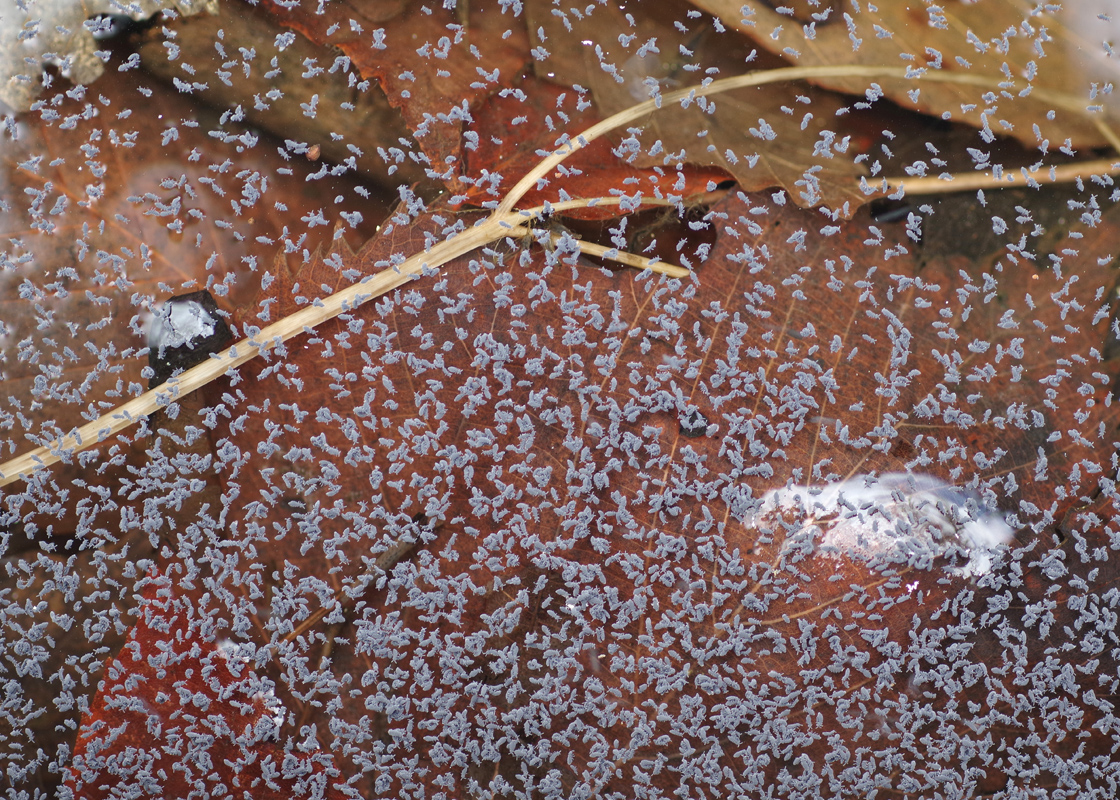


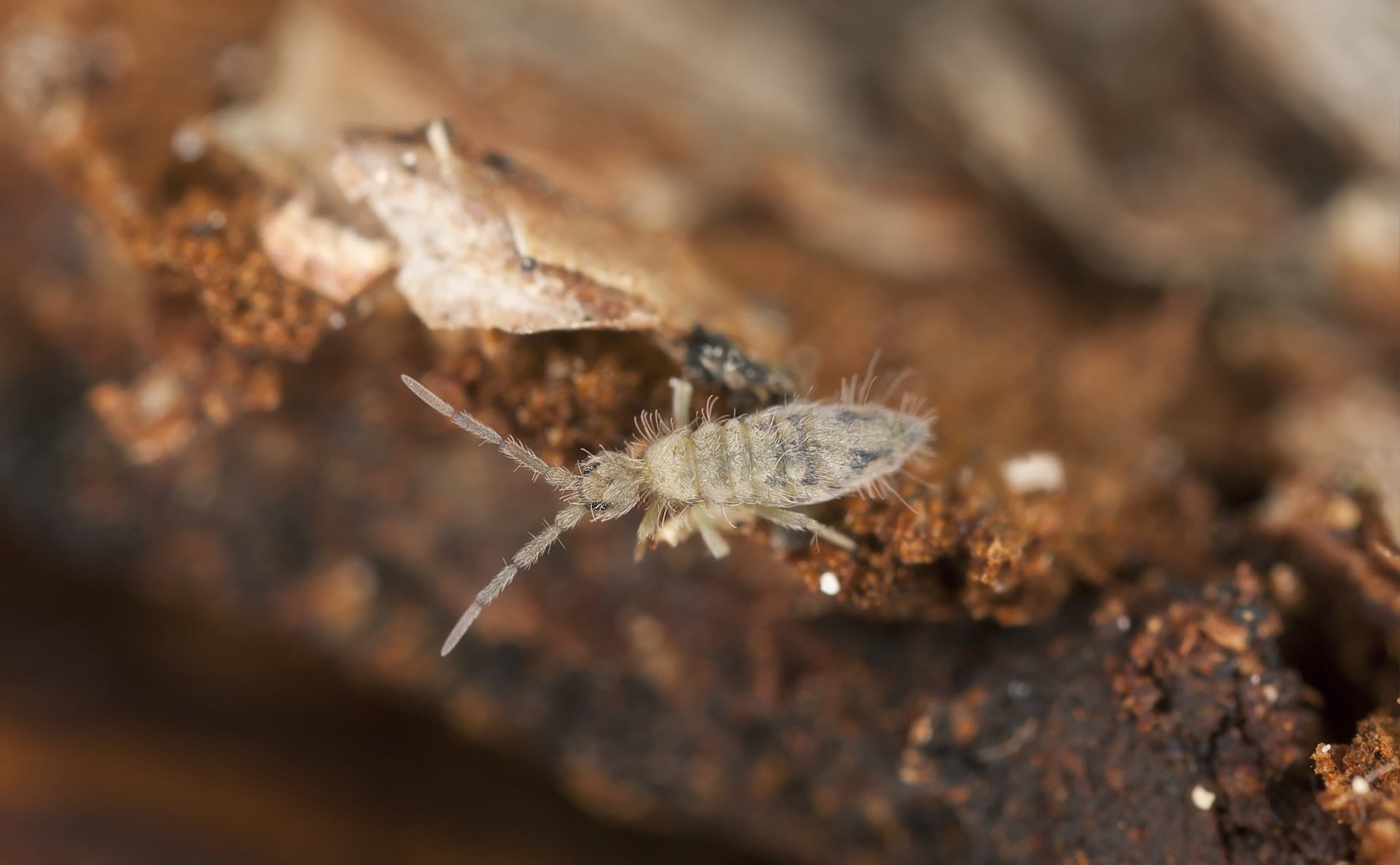



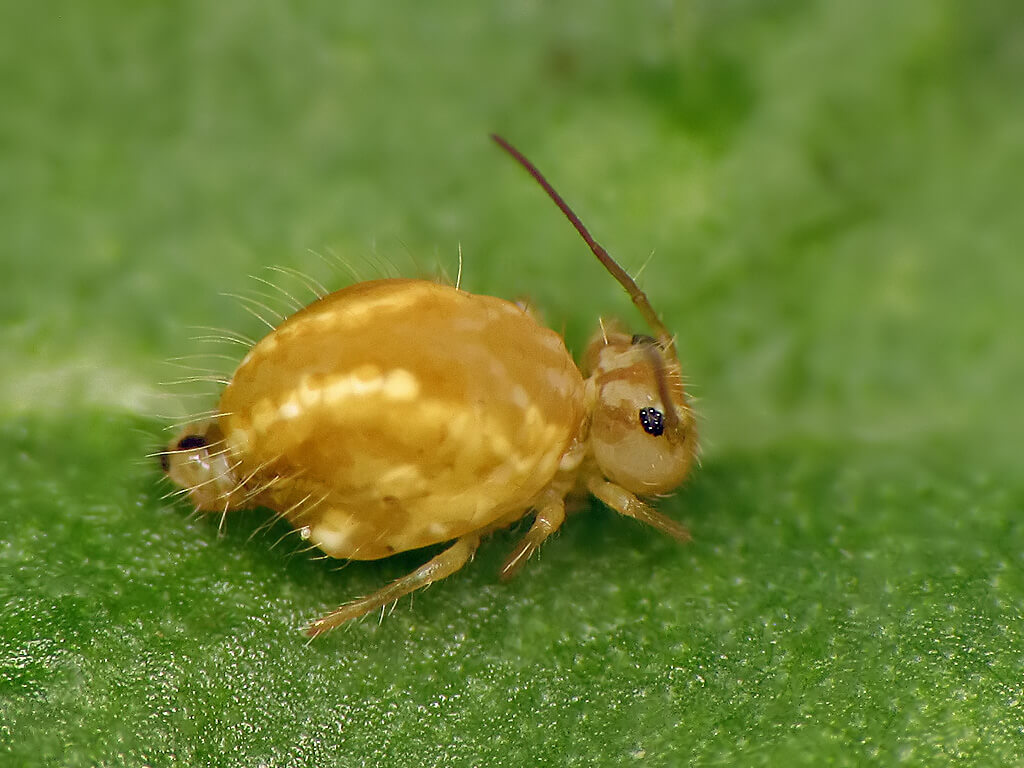

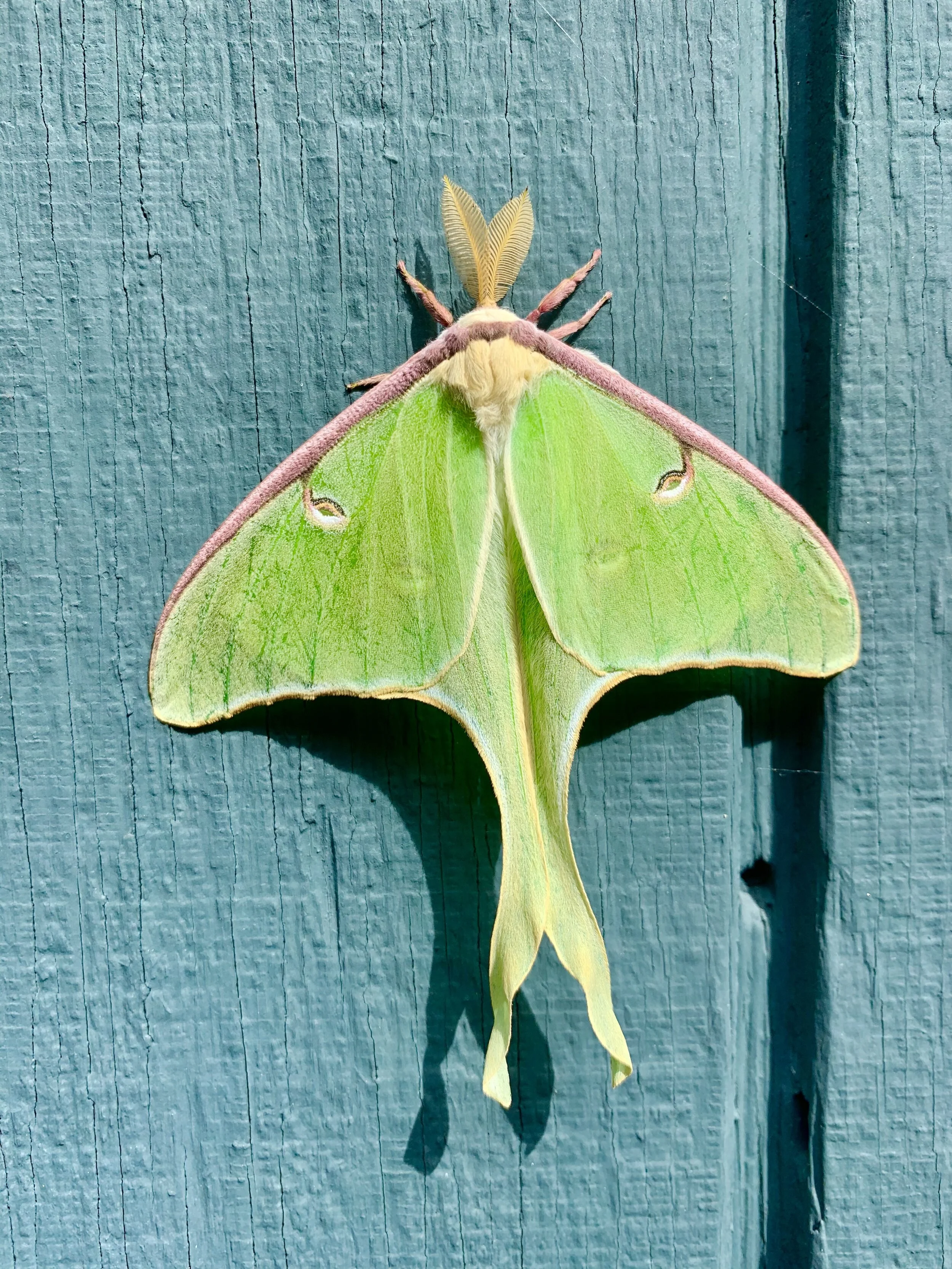.jpg)


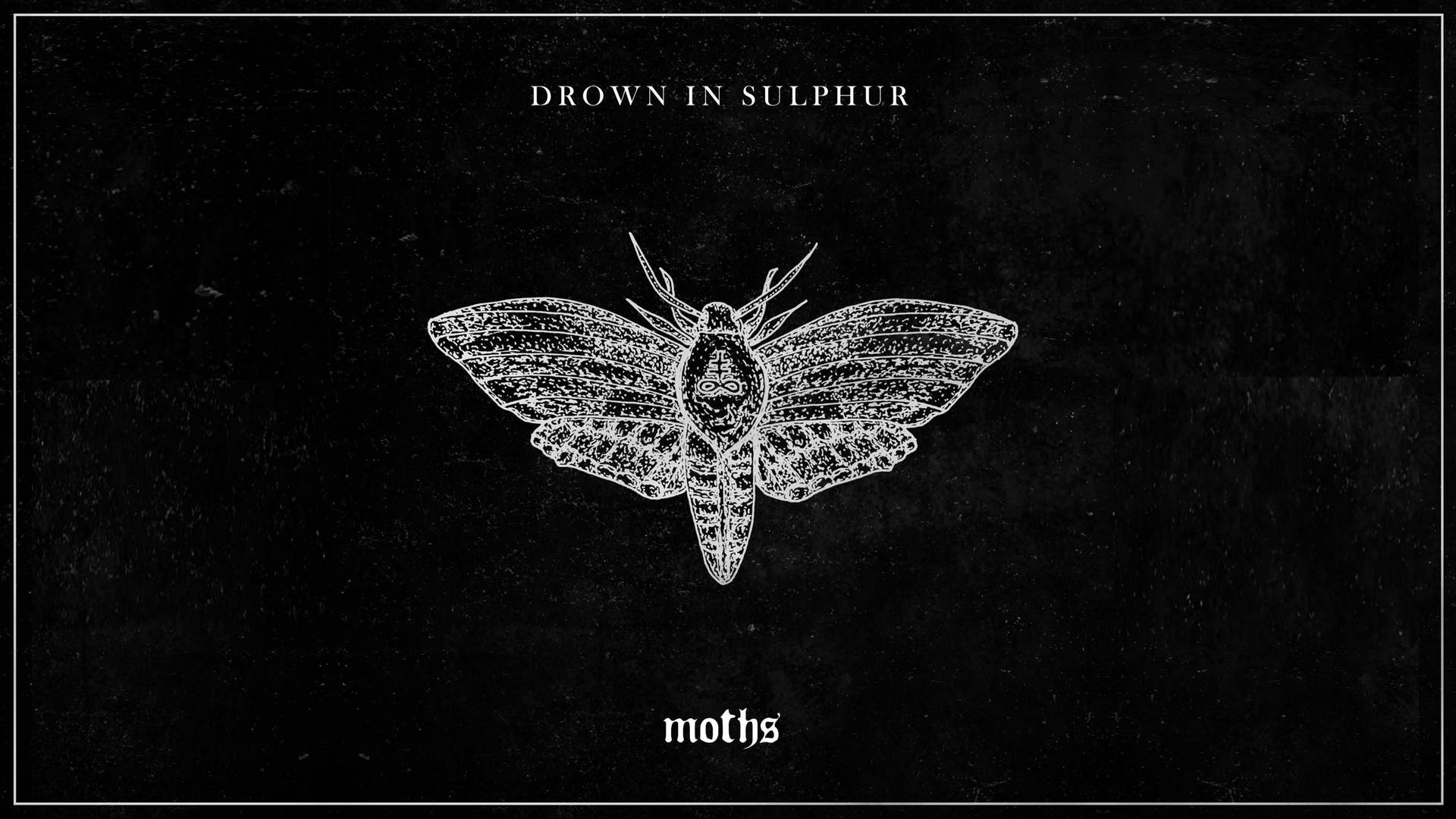

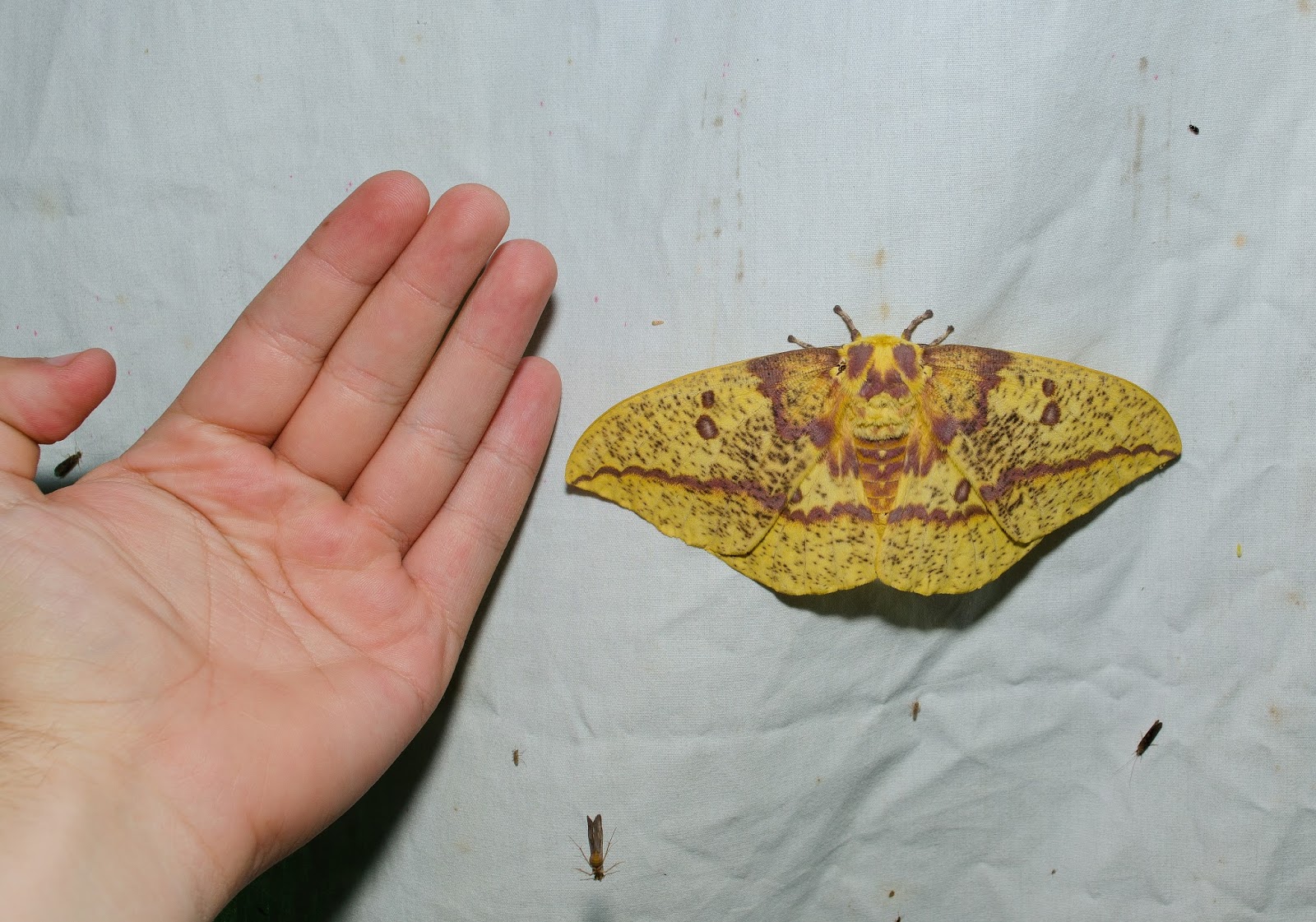
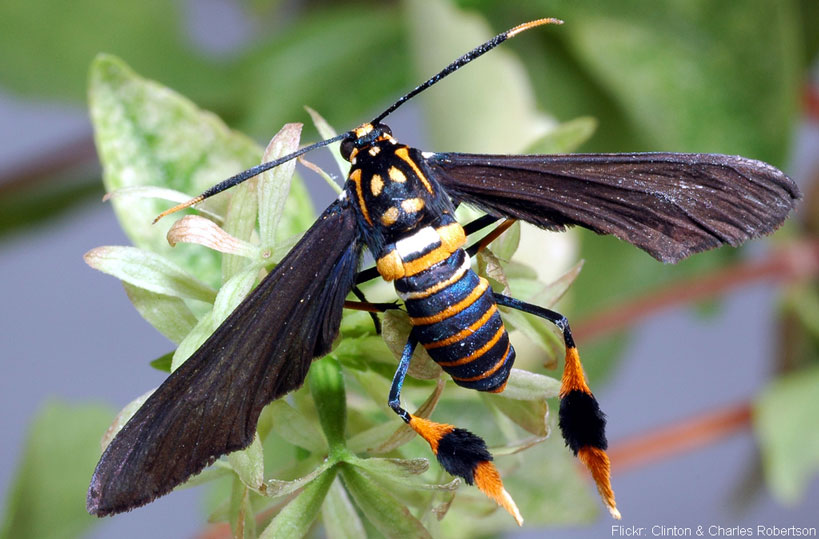
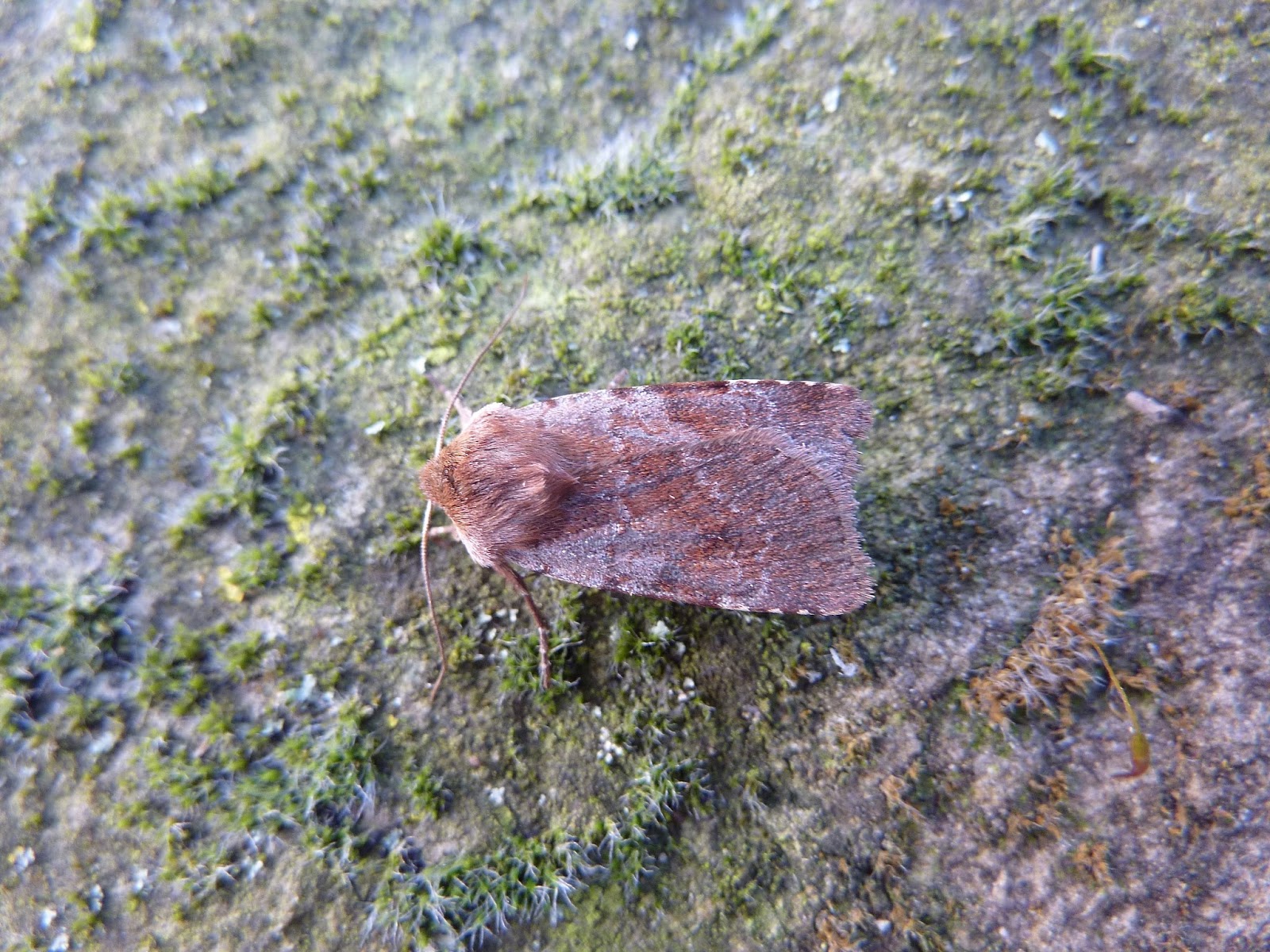


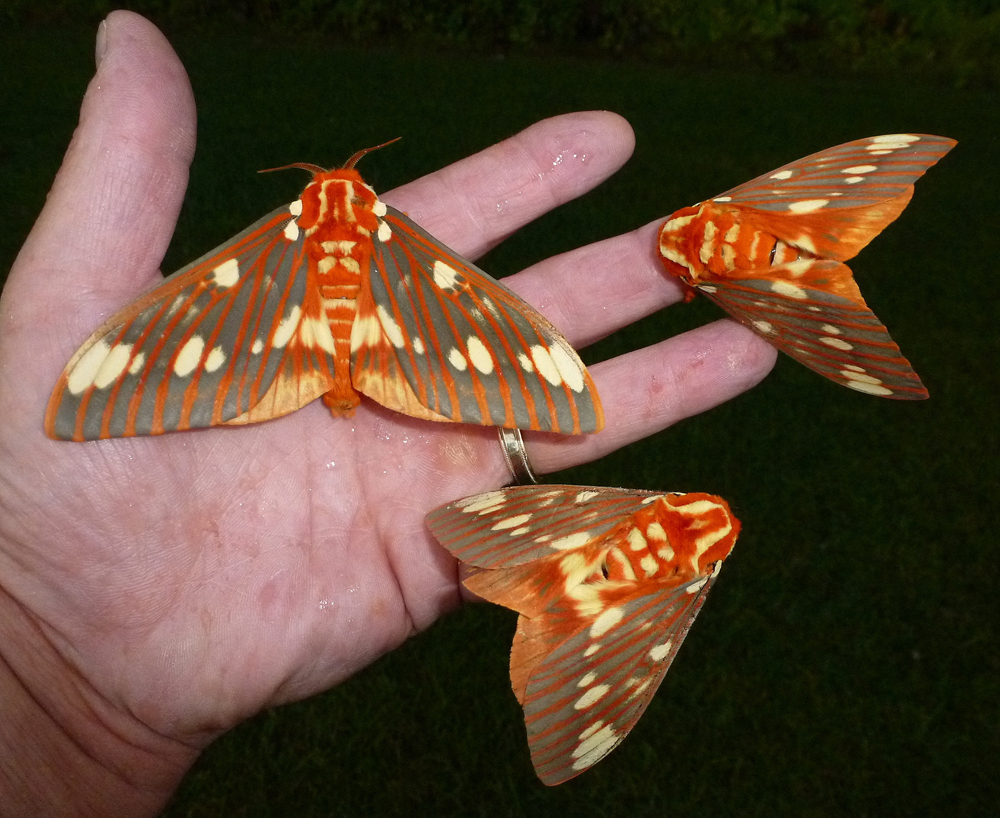
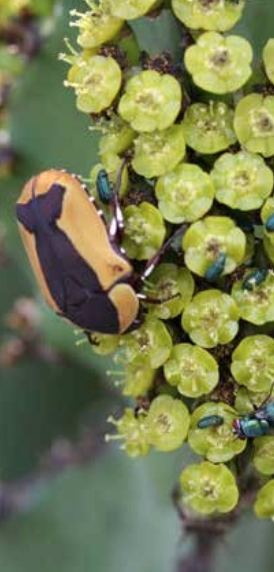

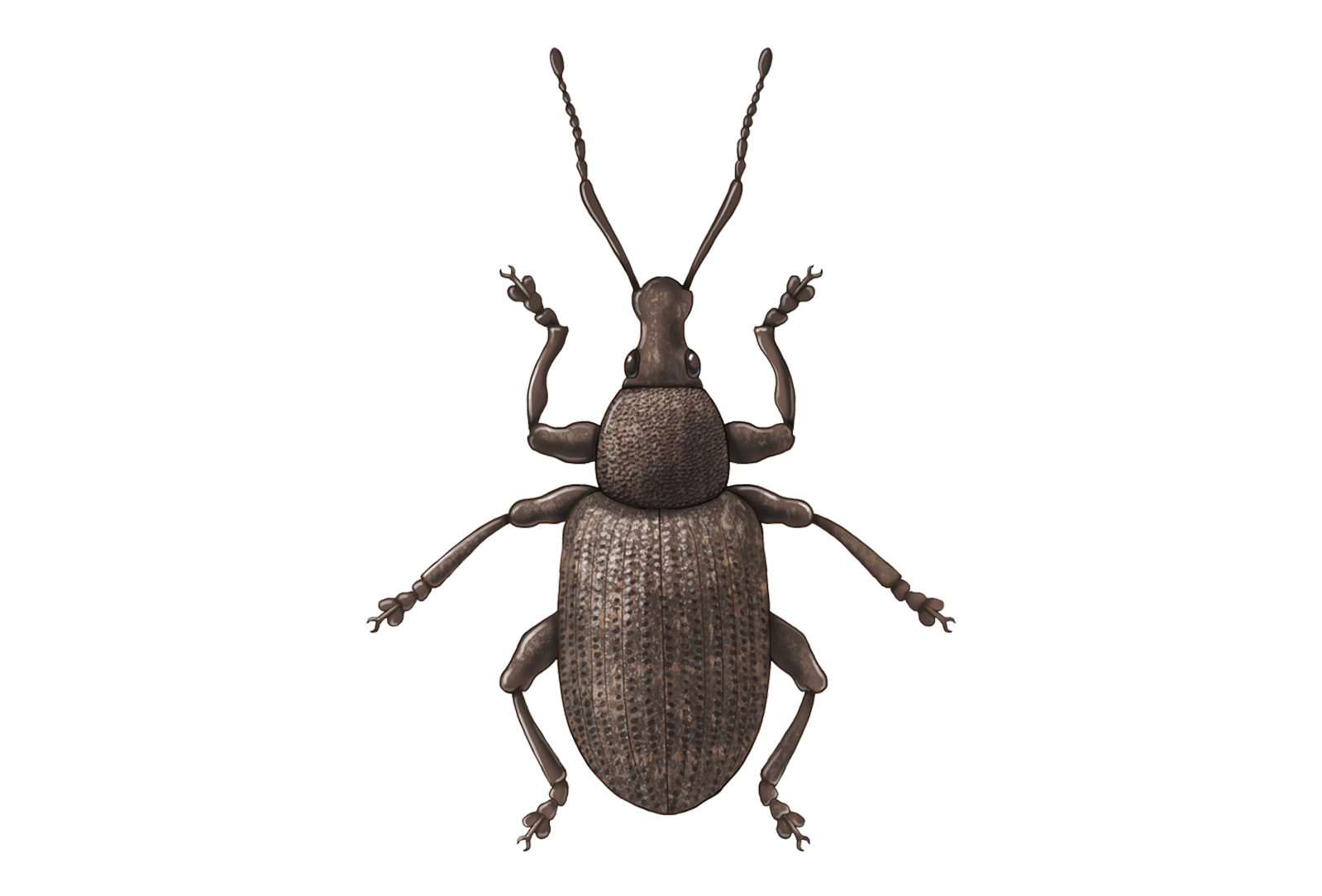


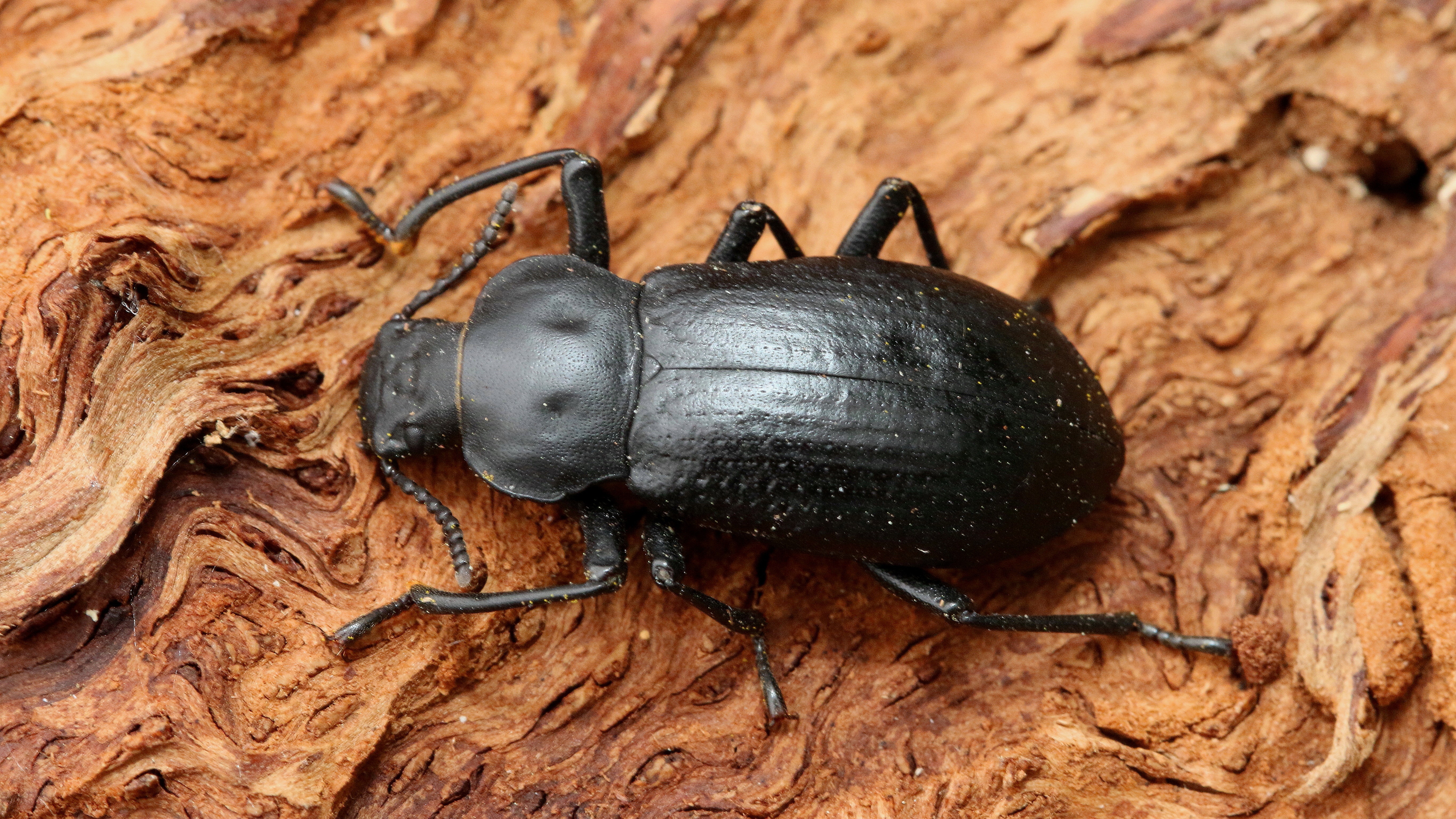



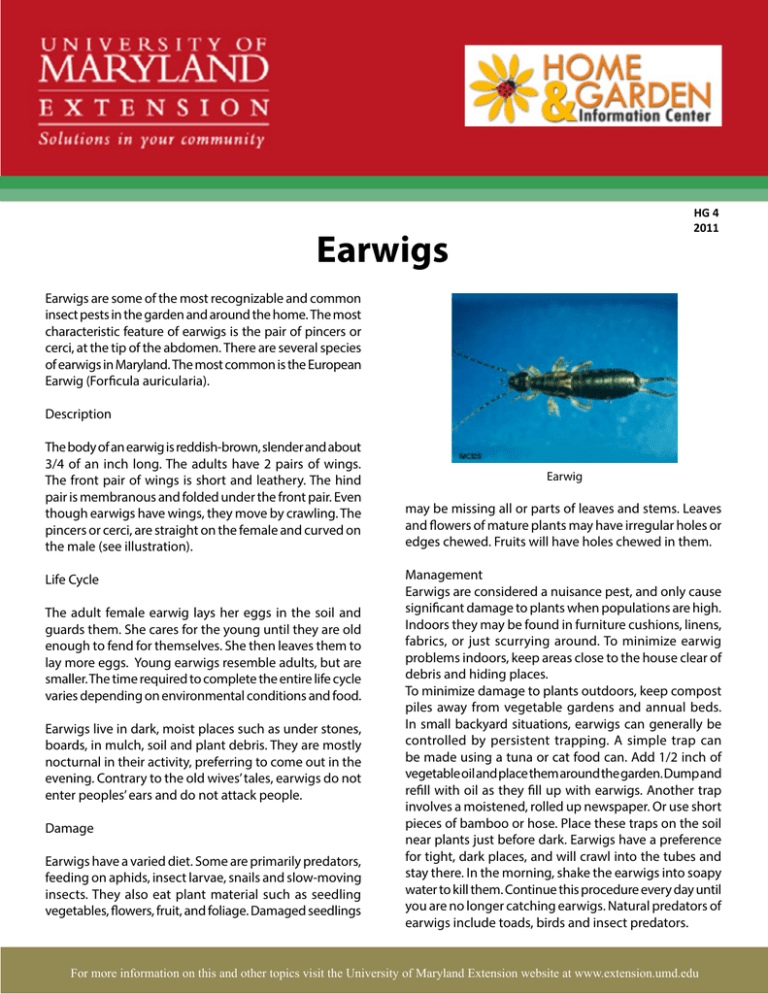



:format(jpeg):mode_rgb():quality(90)/discogs-images/A-8080954-1597461825-5681.jpeg.jpg)

